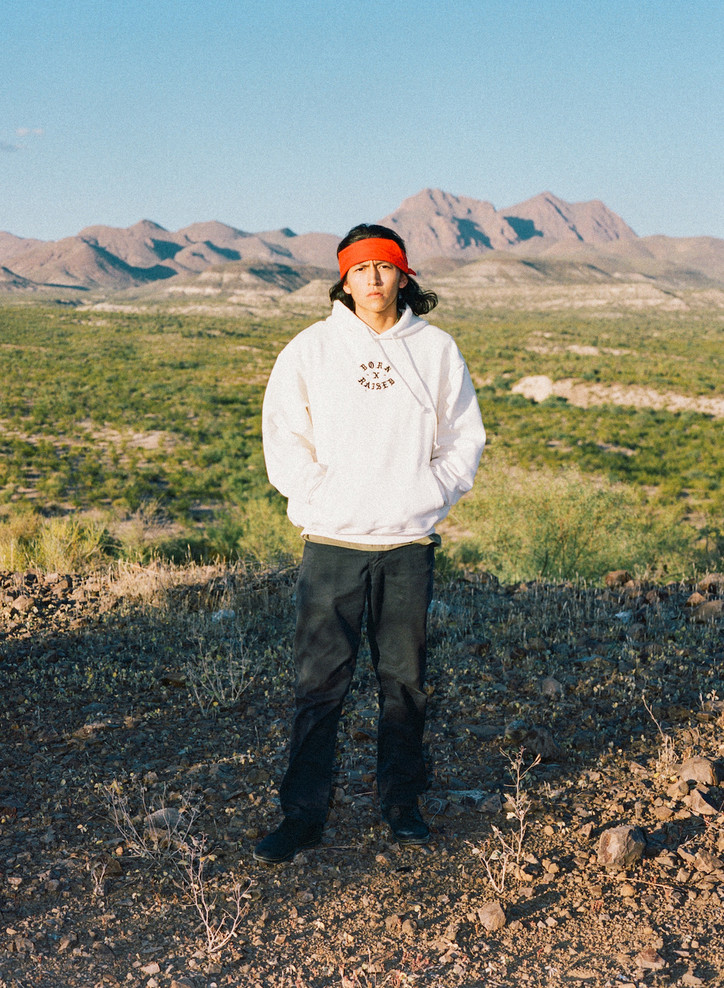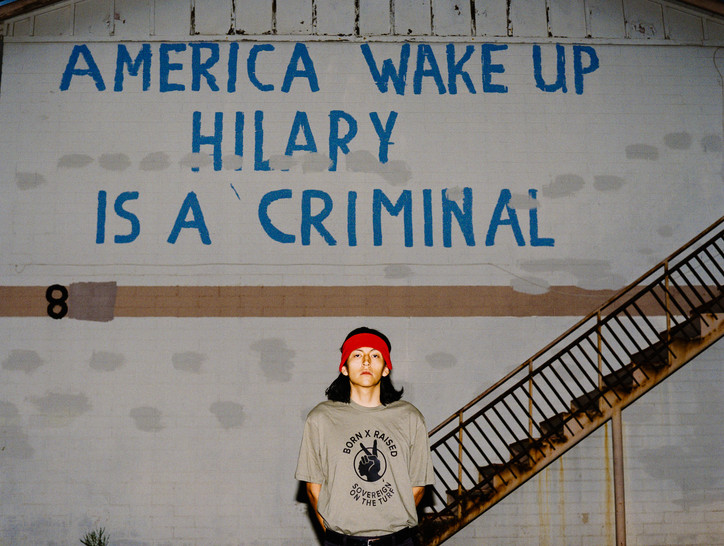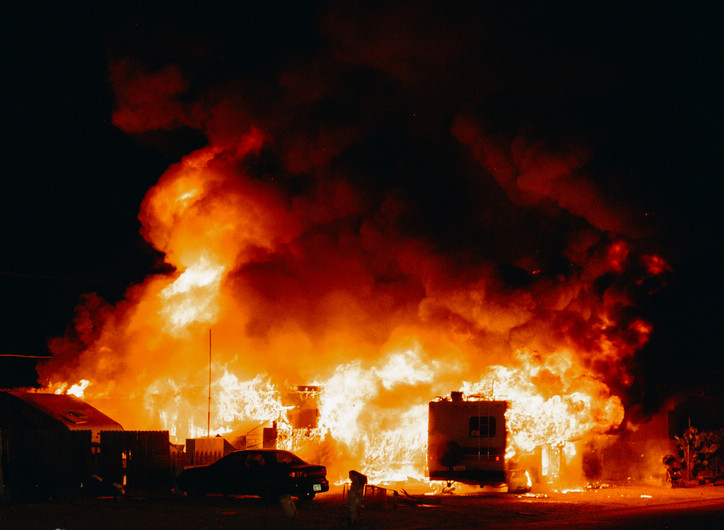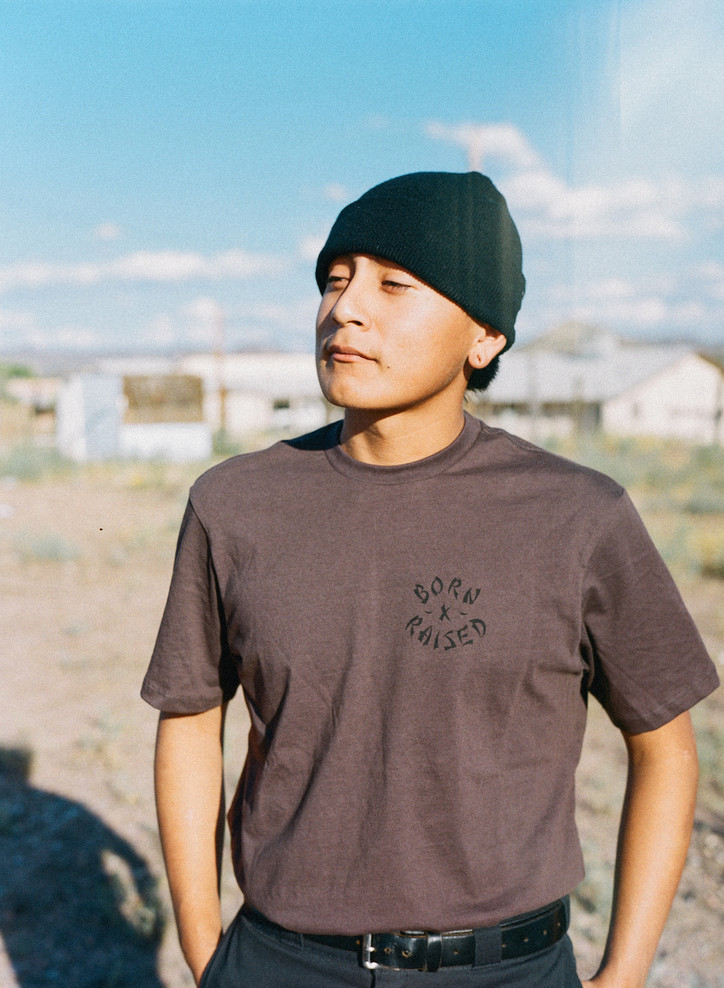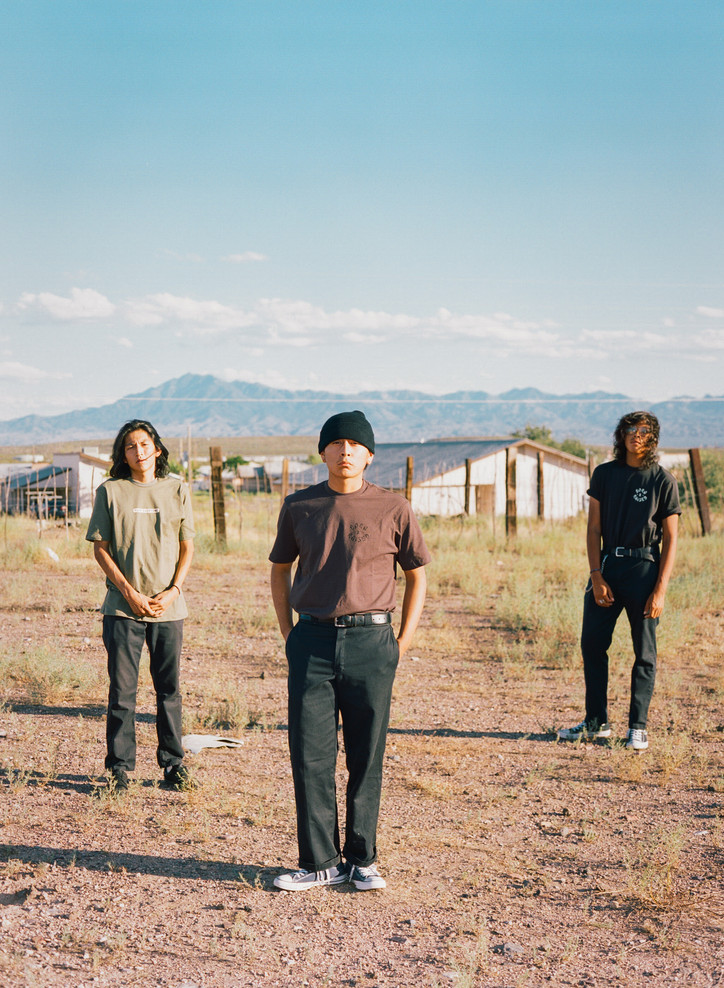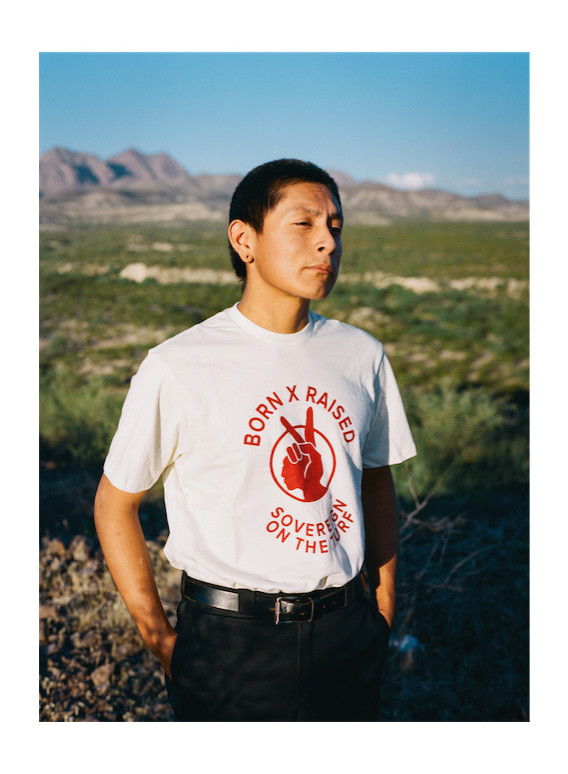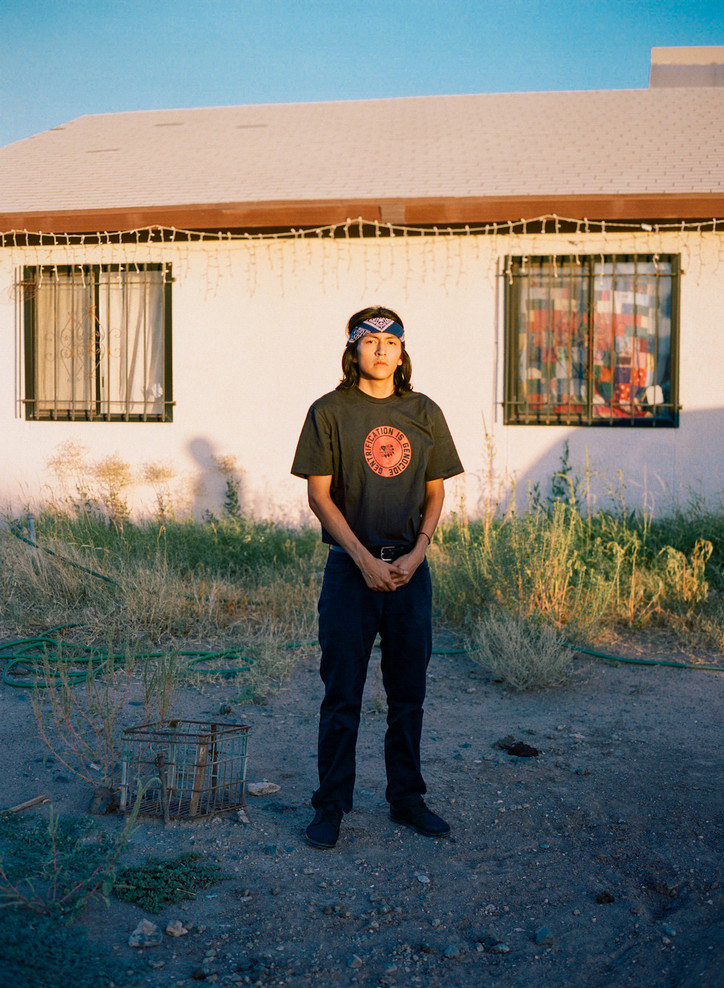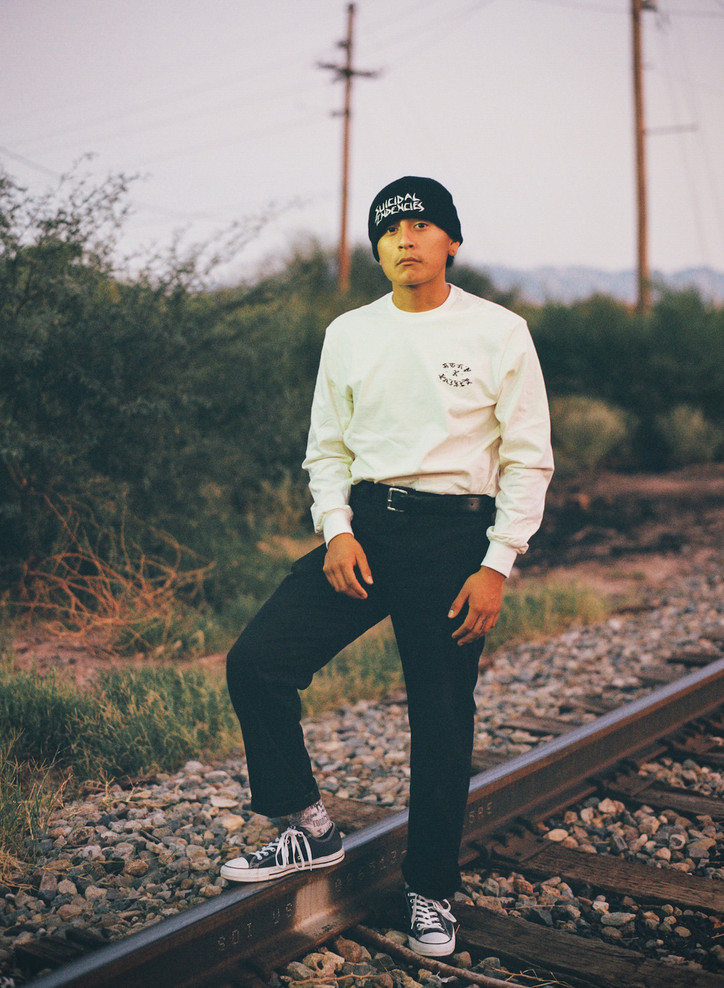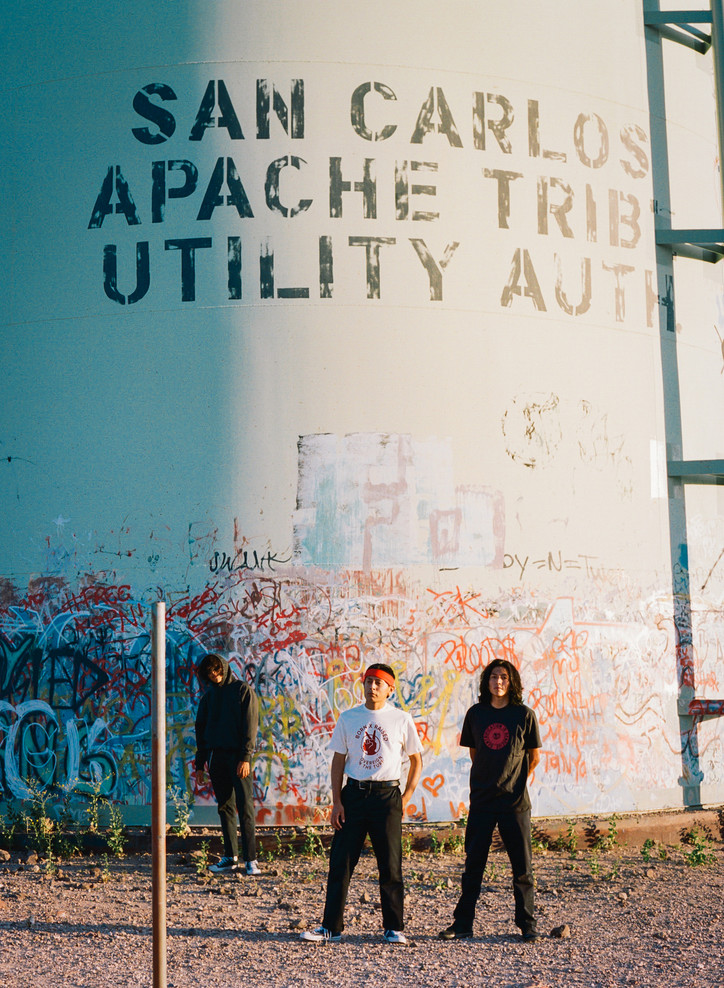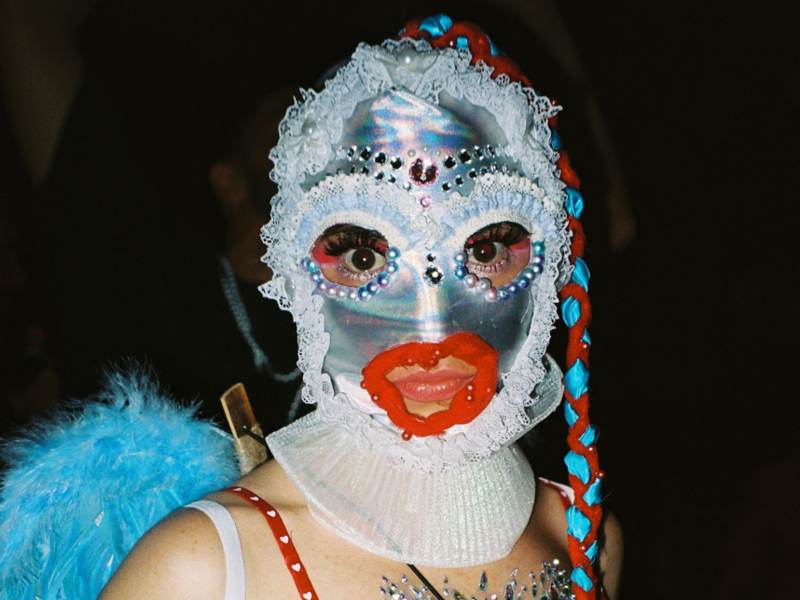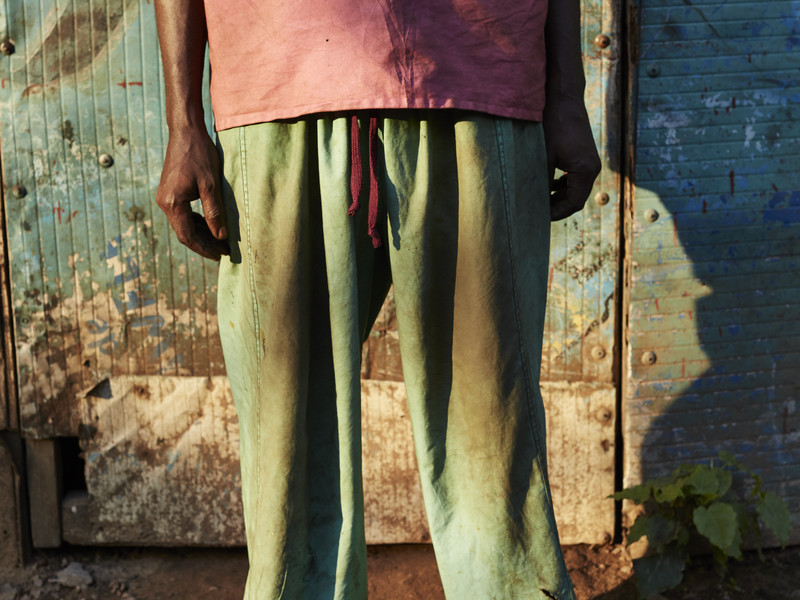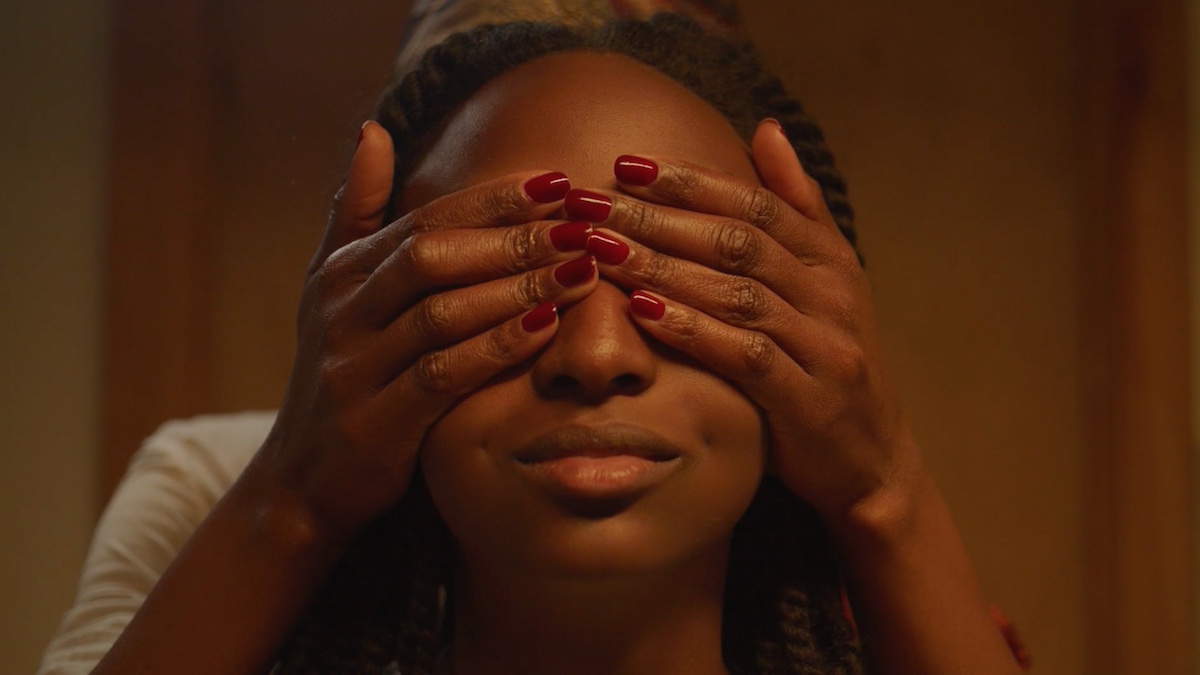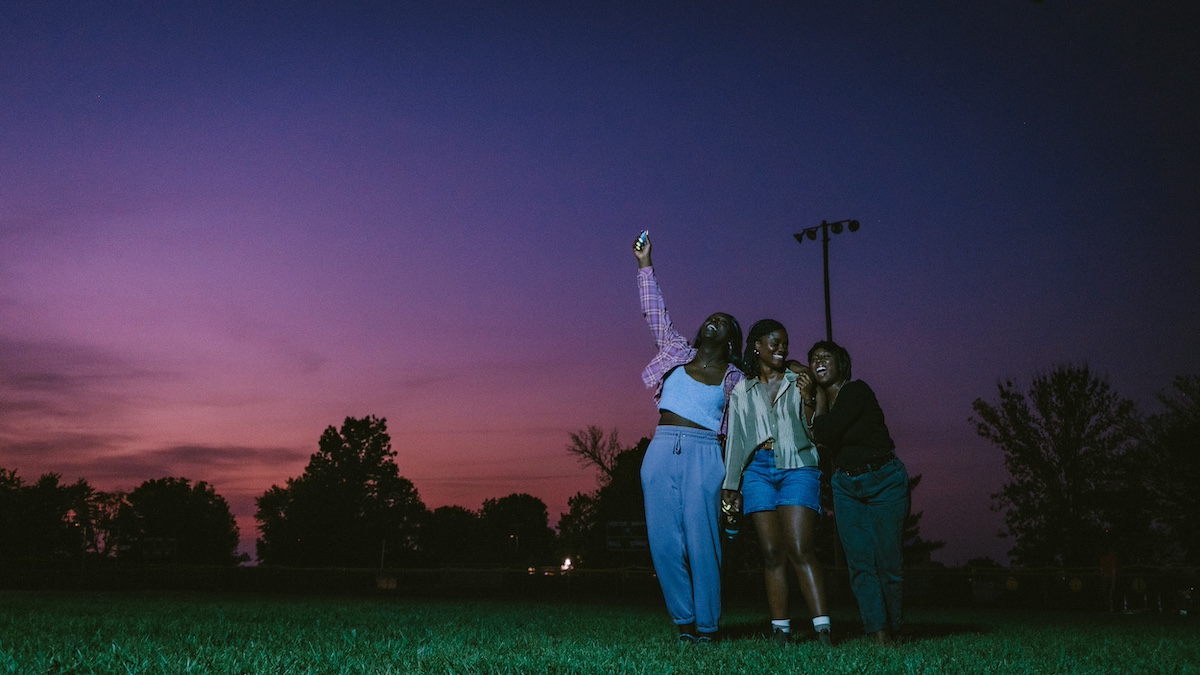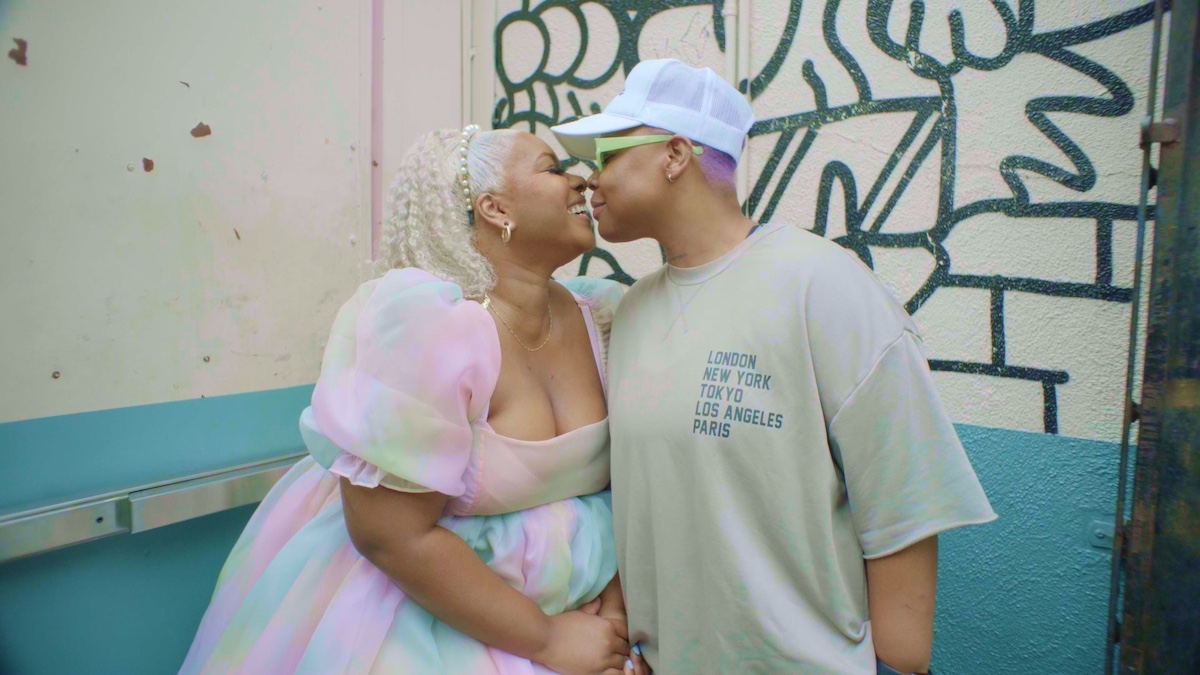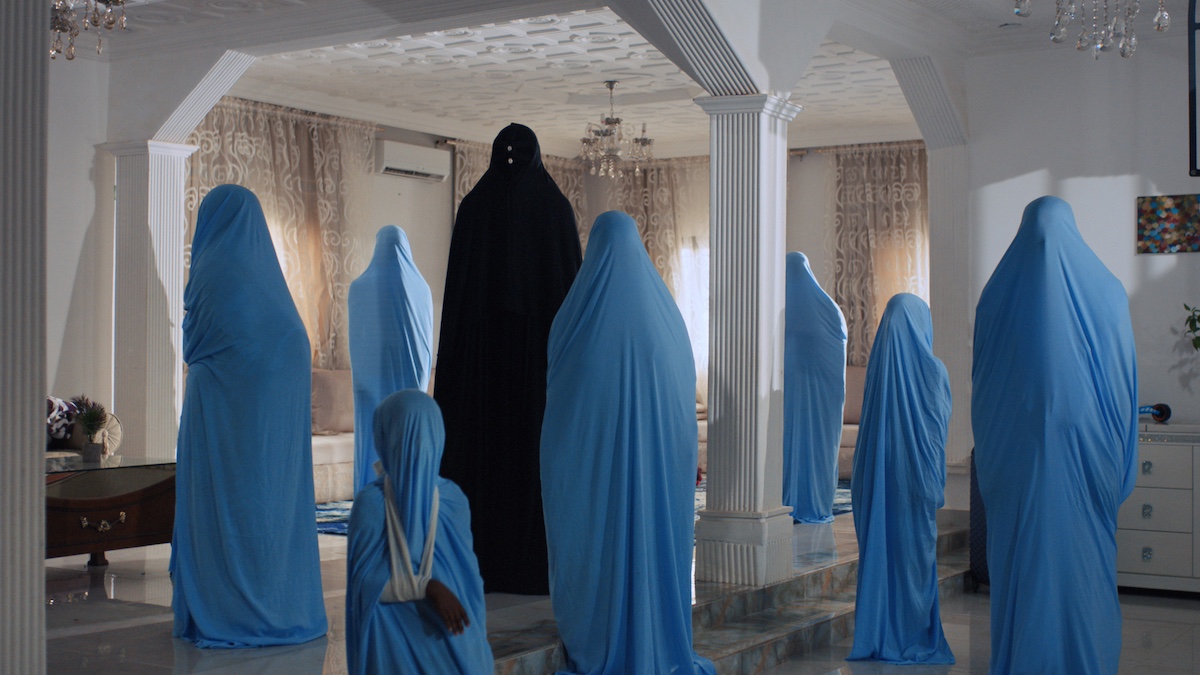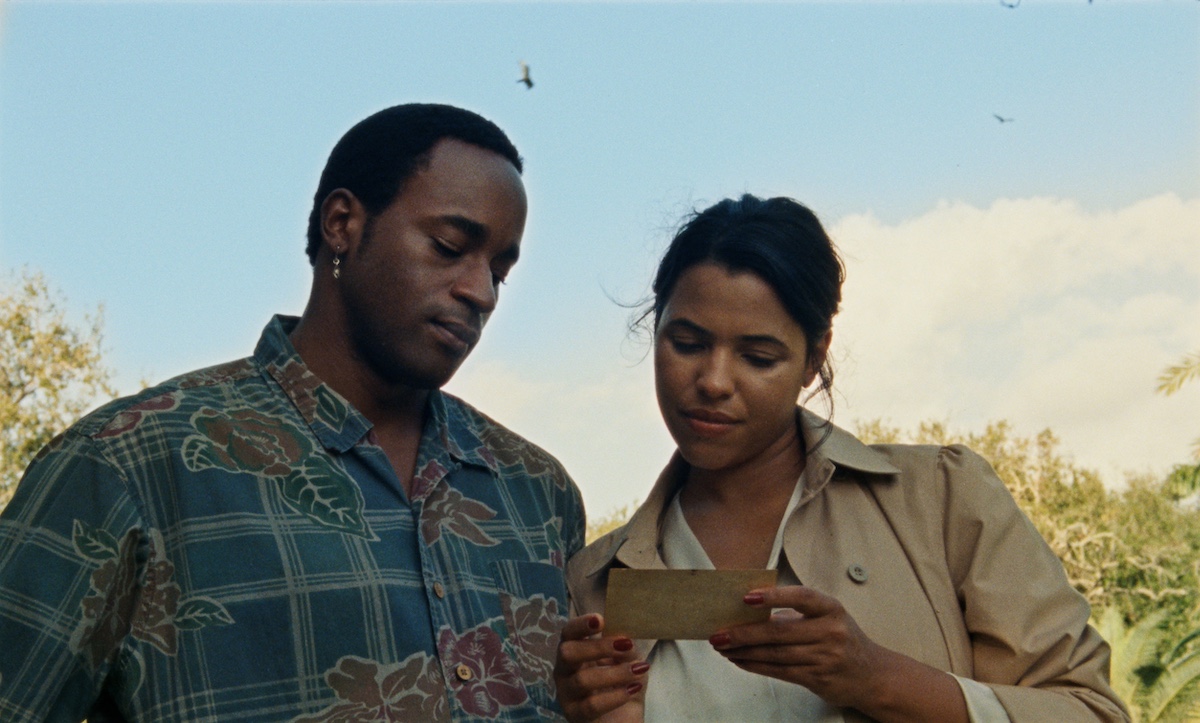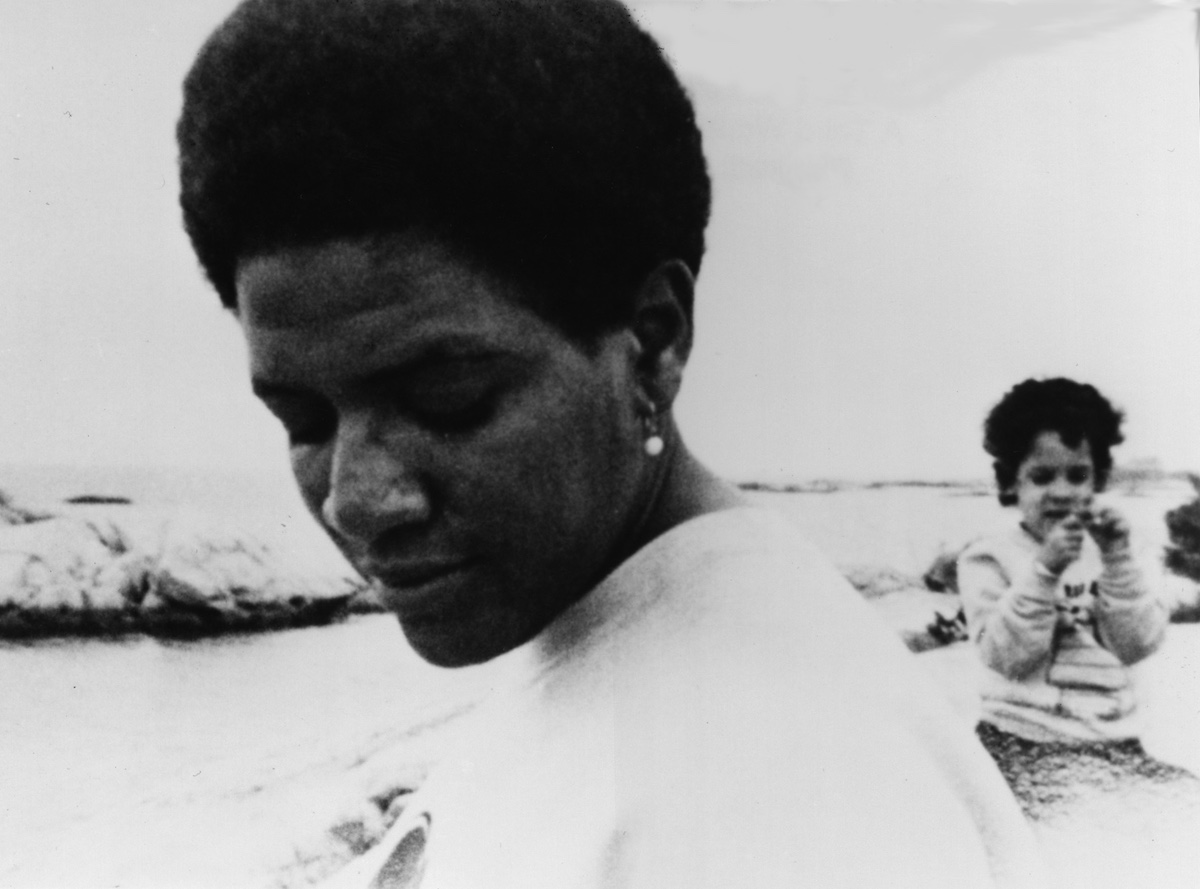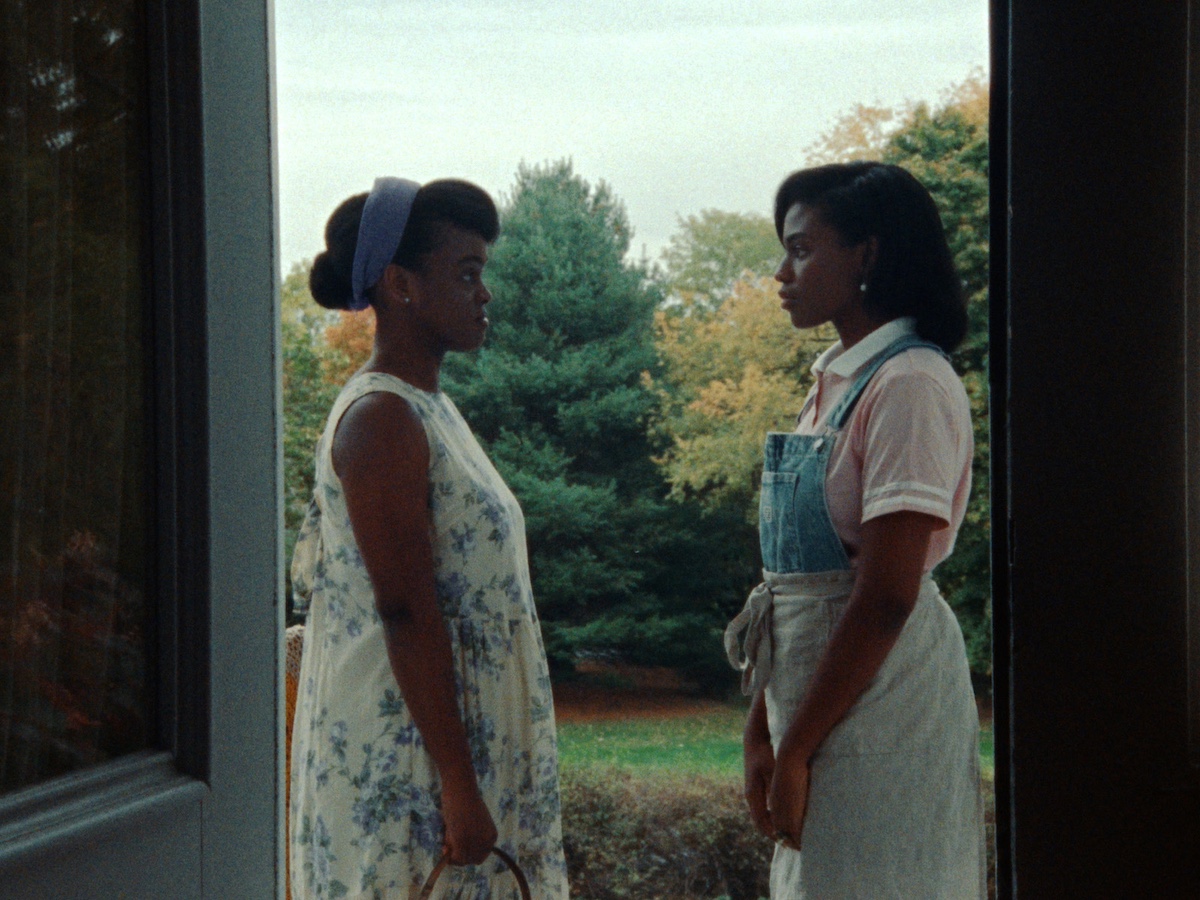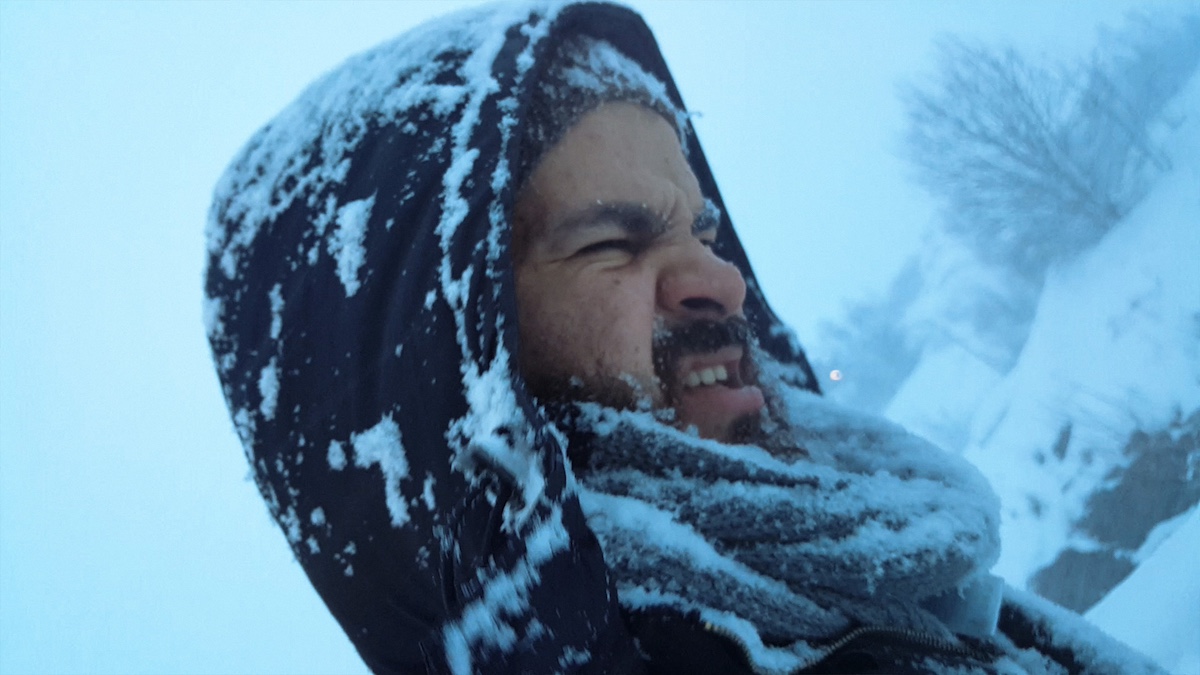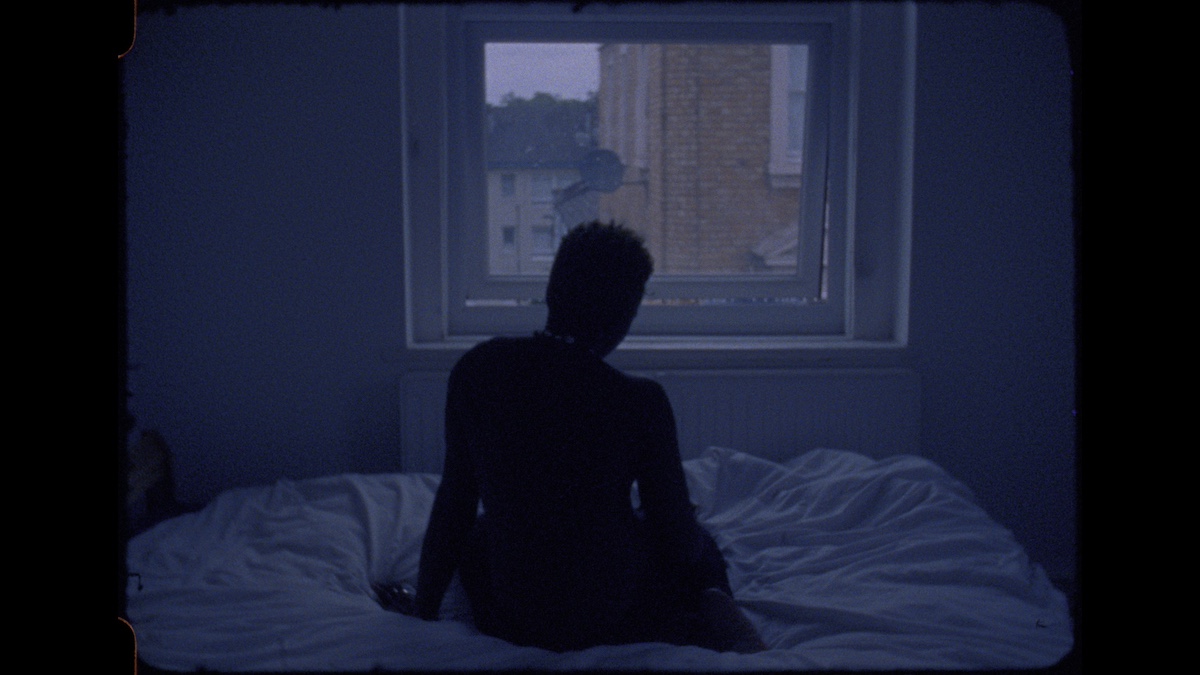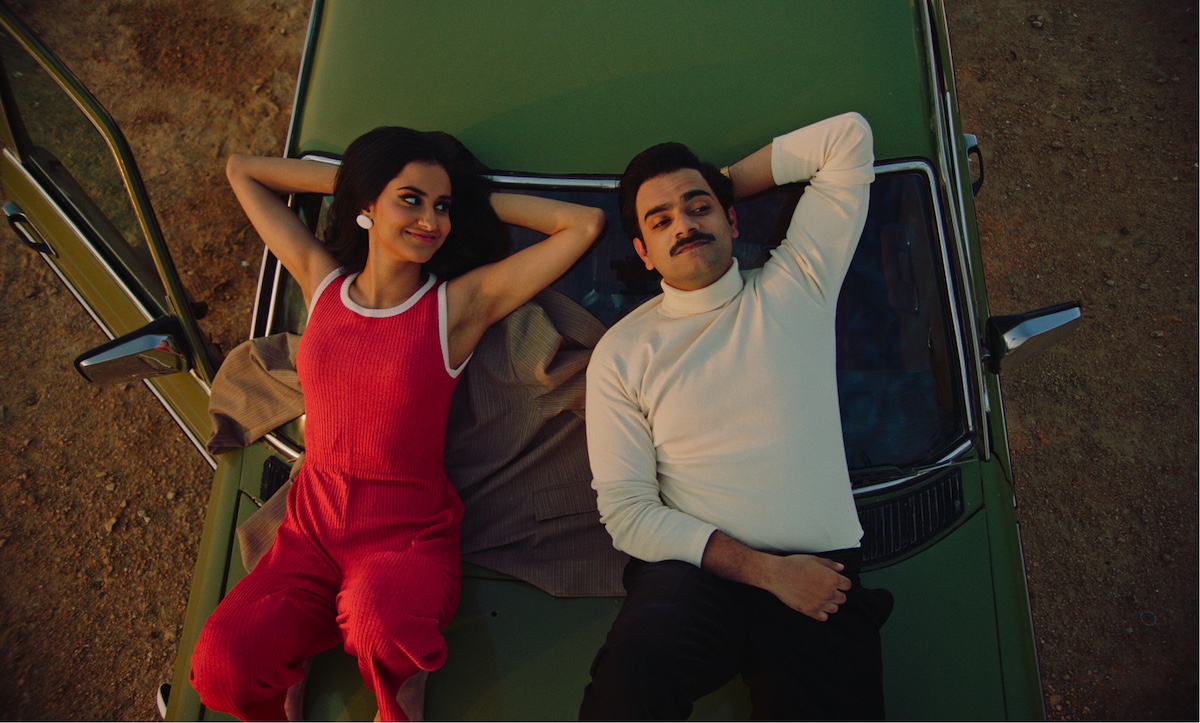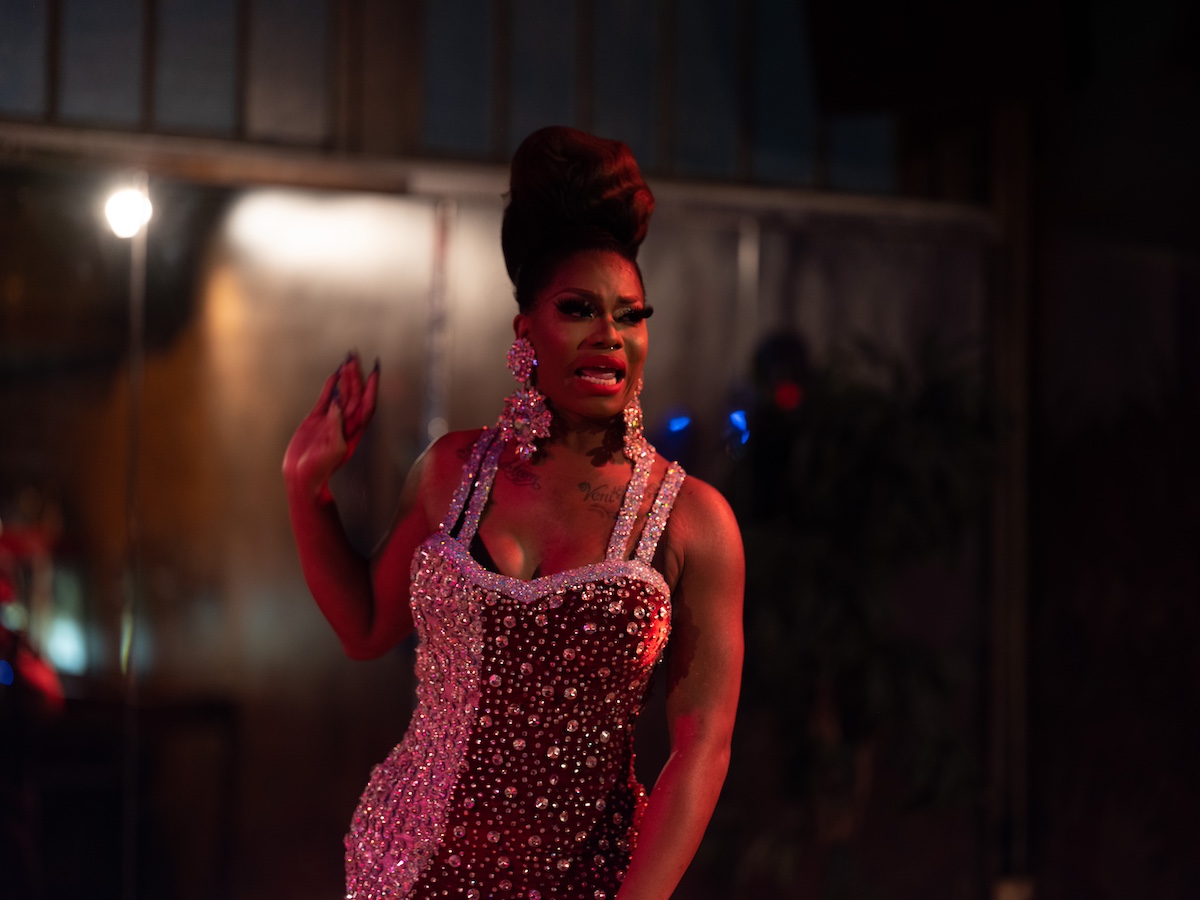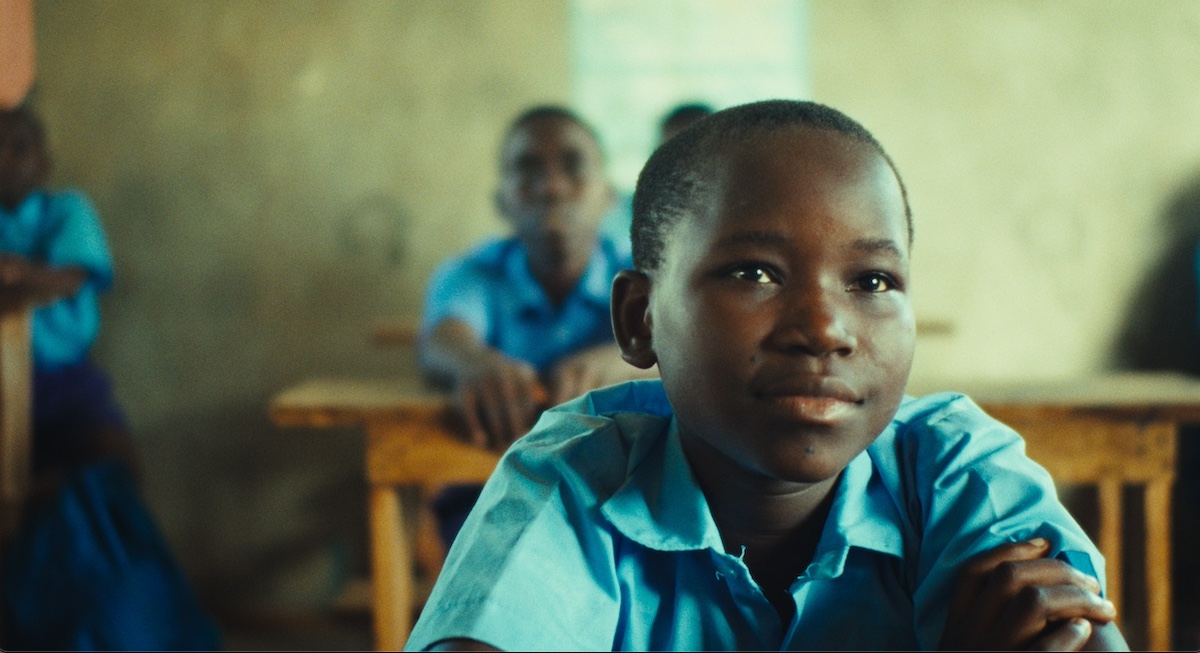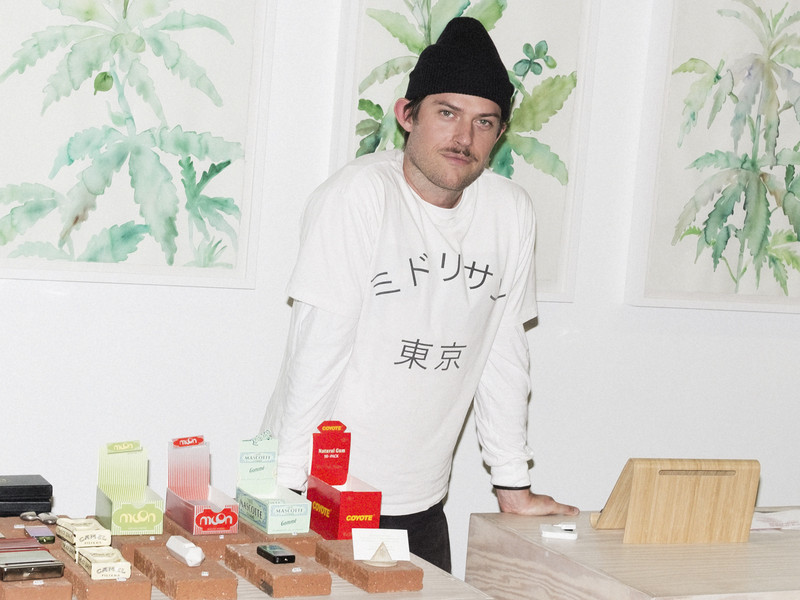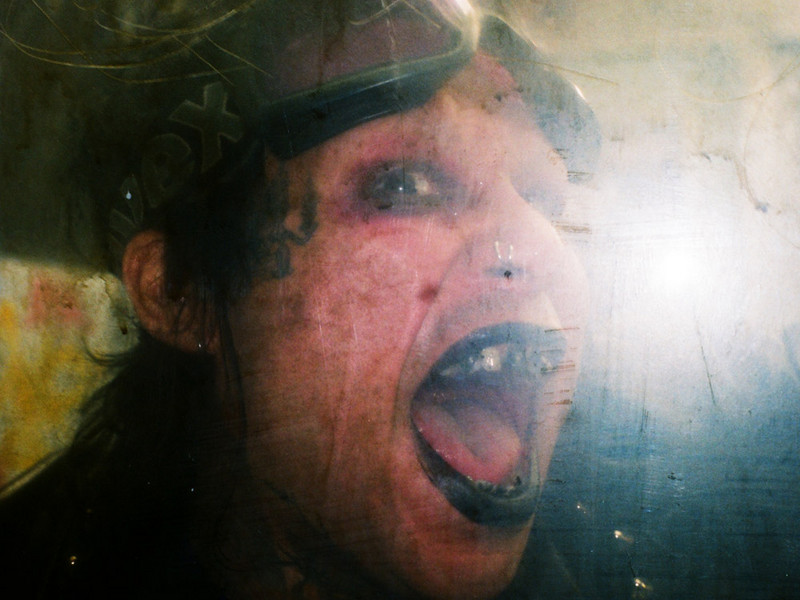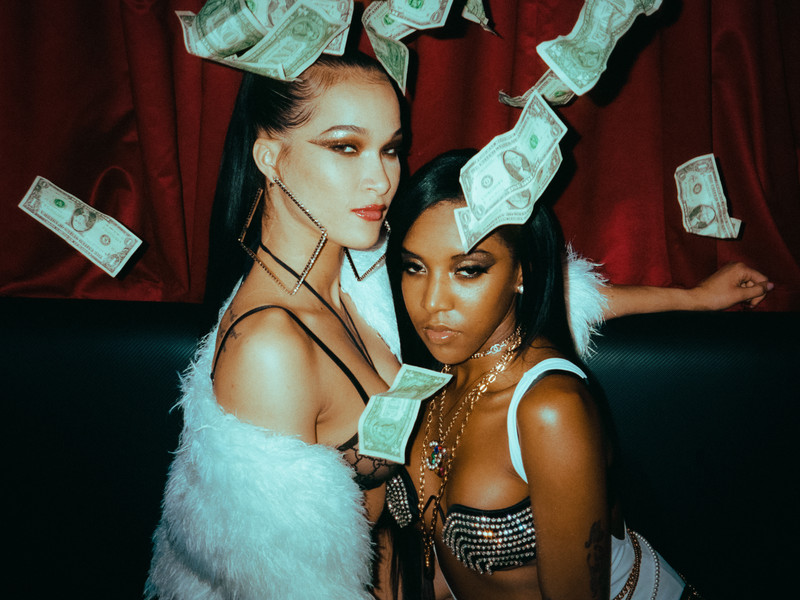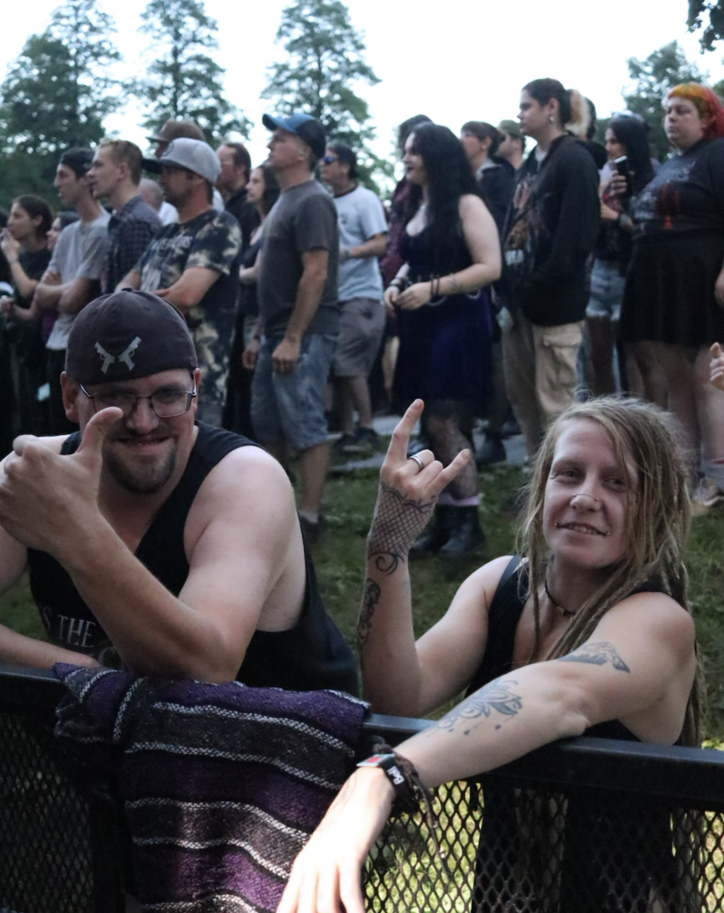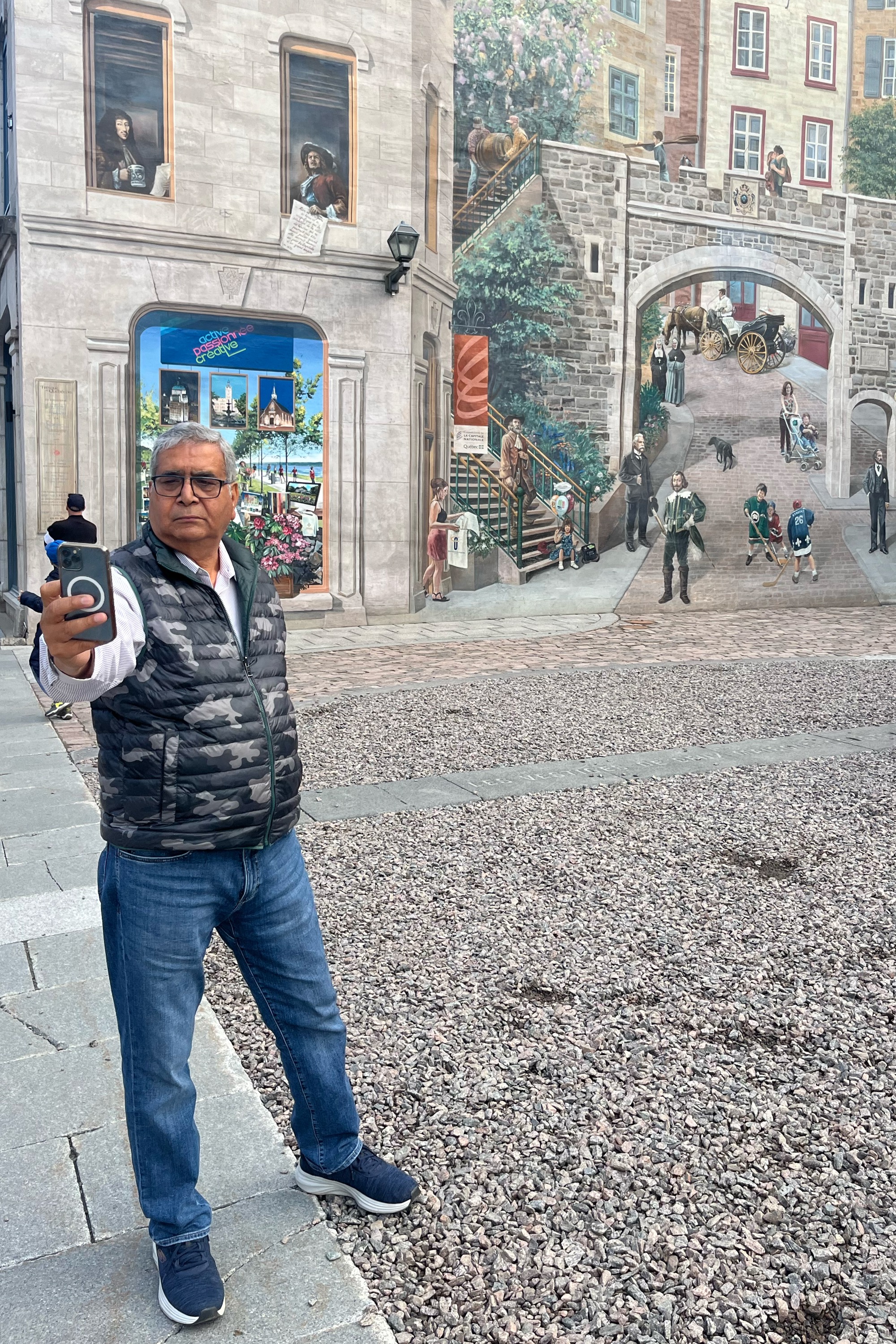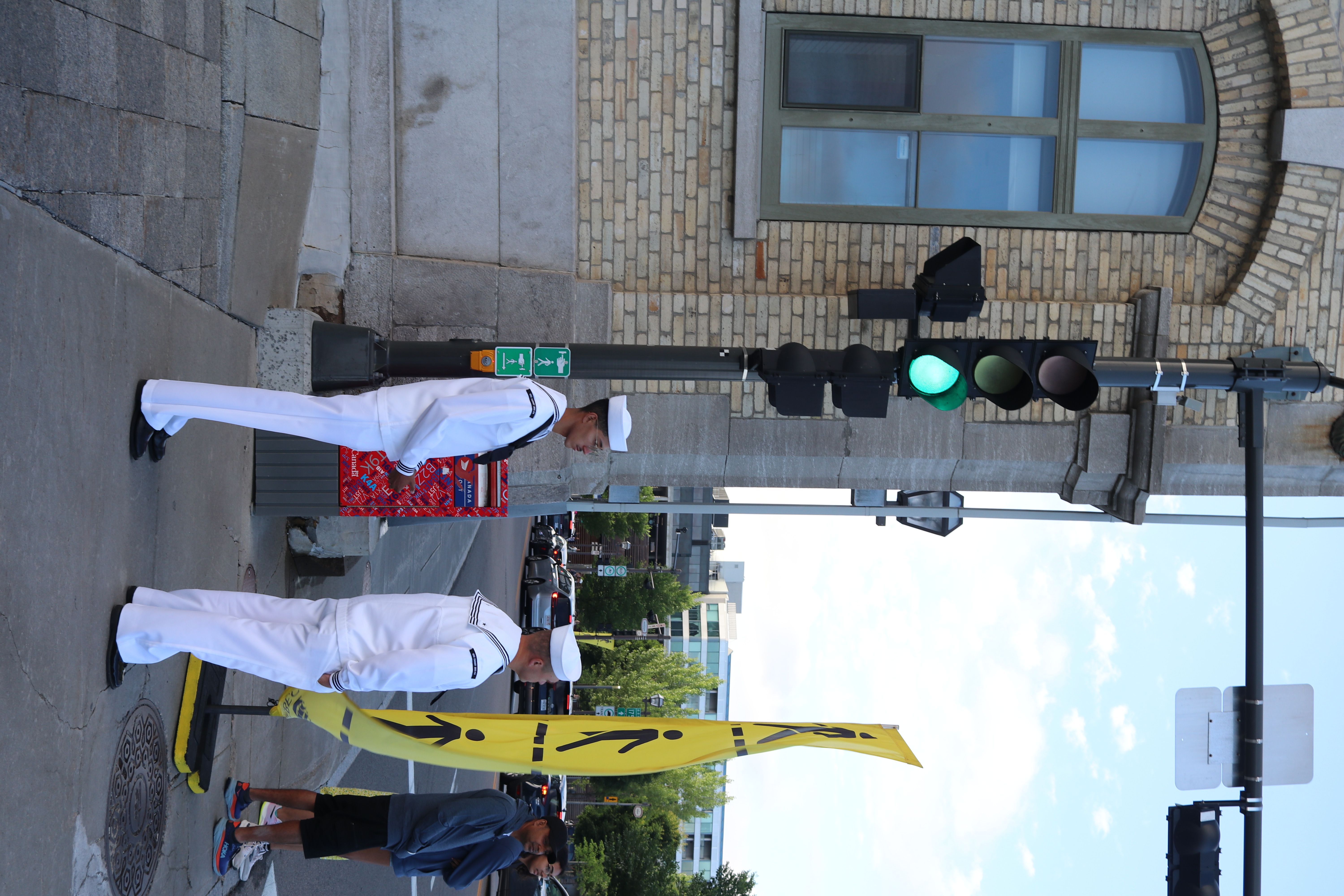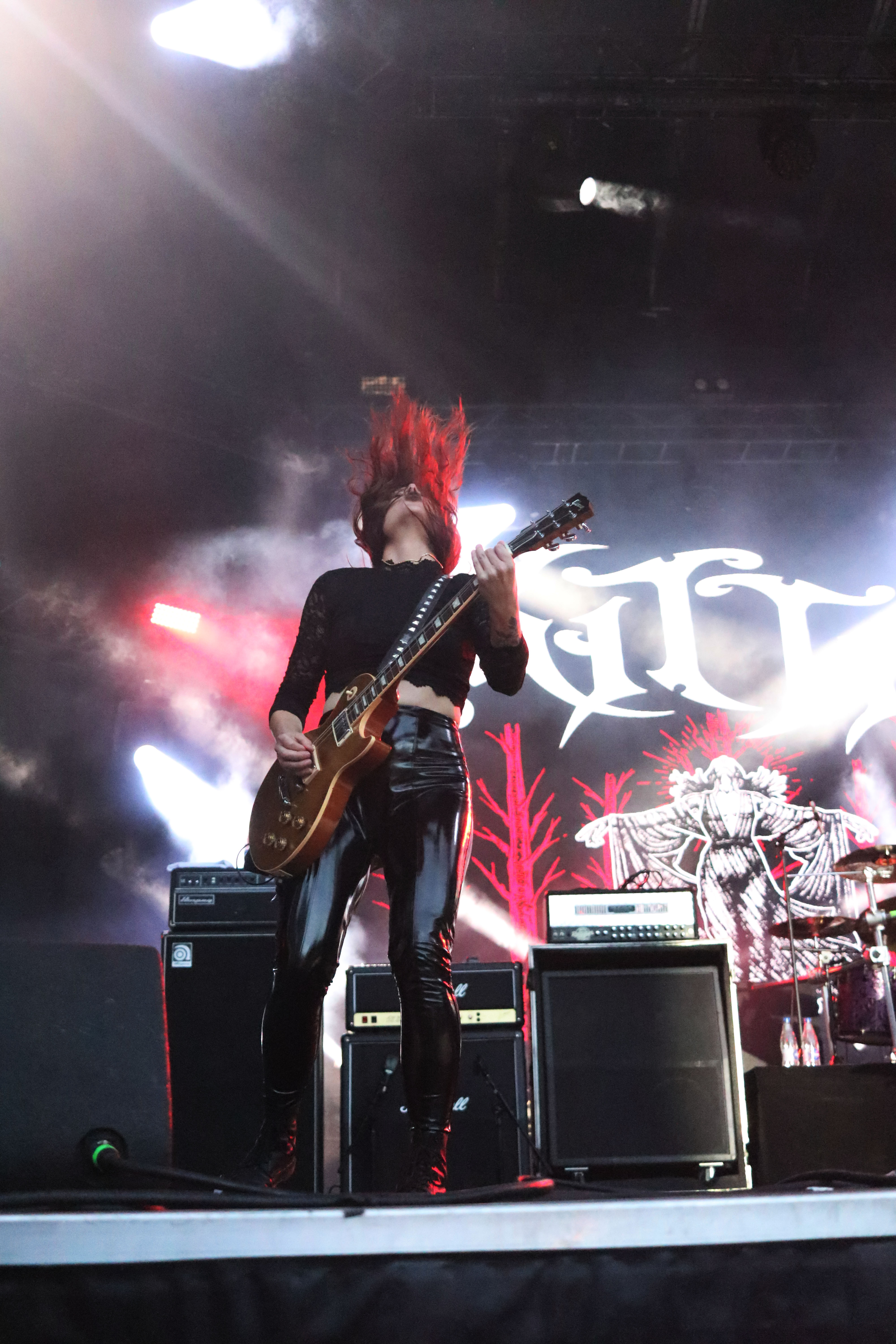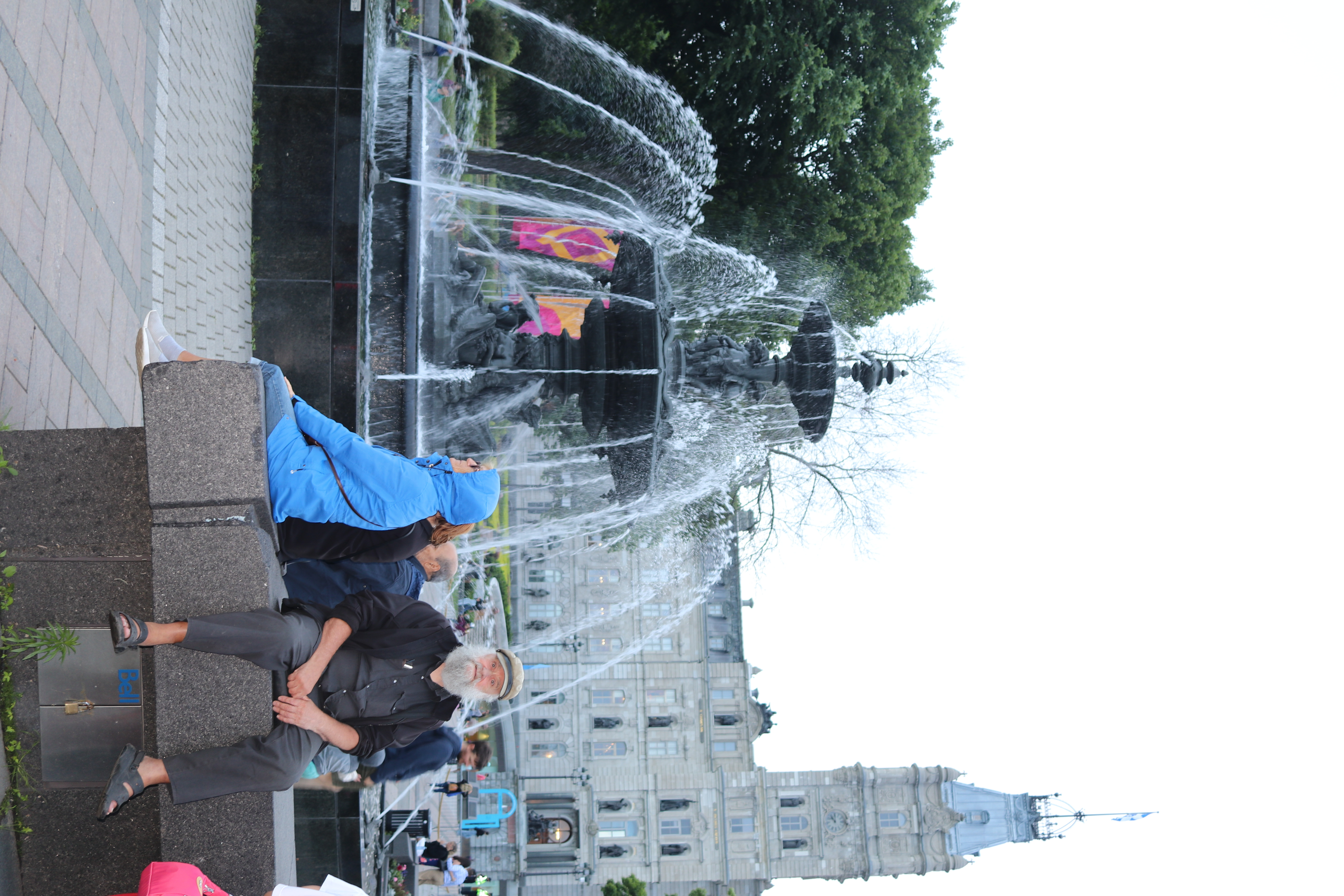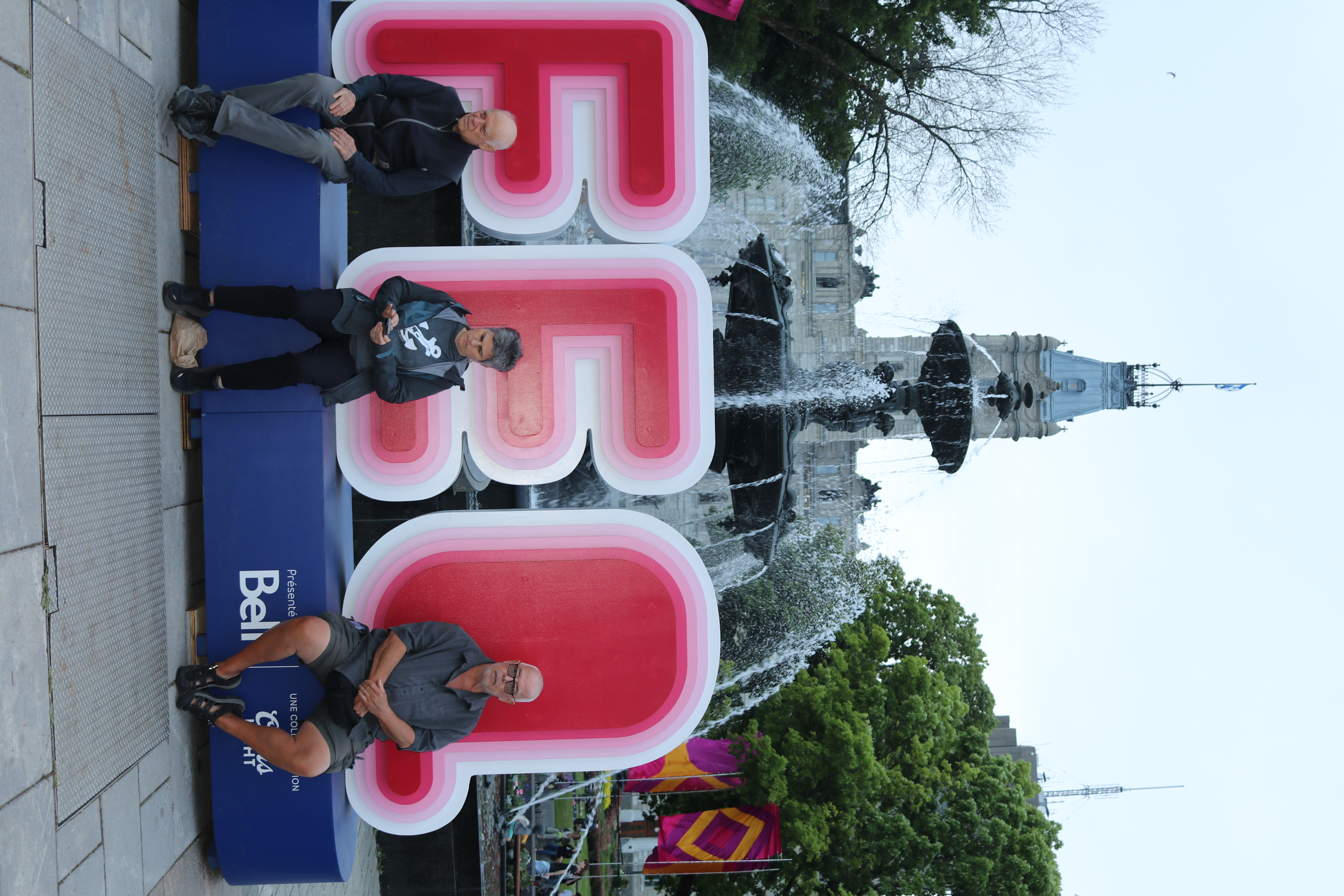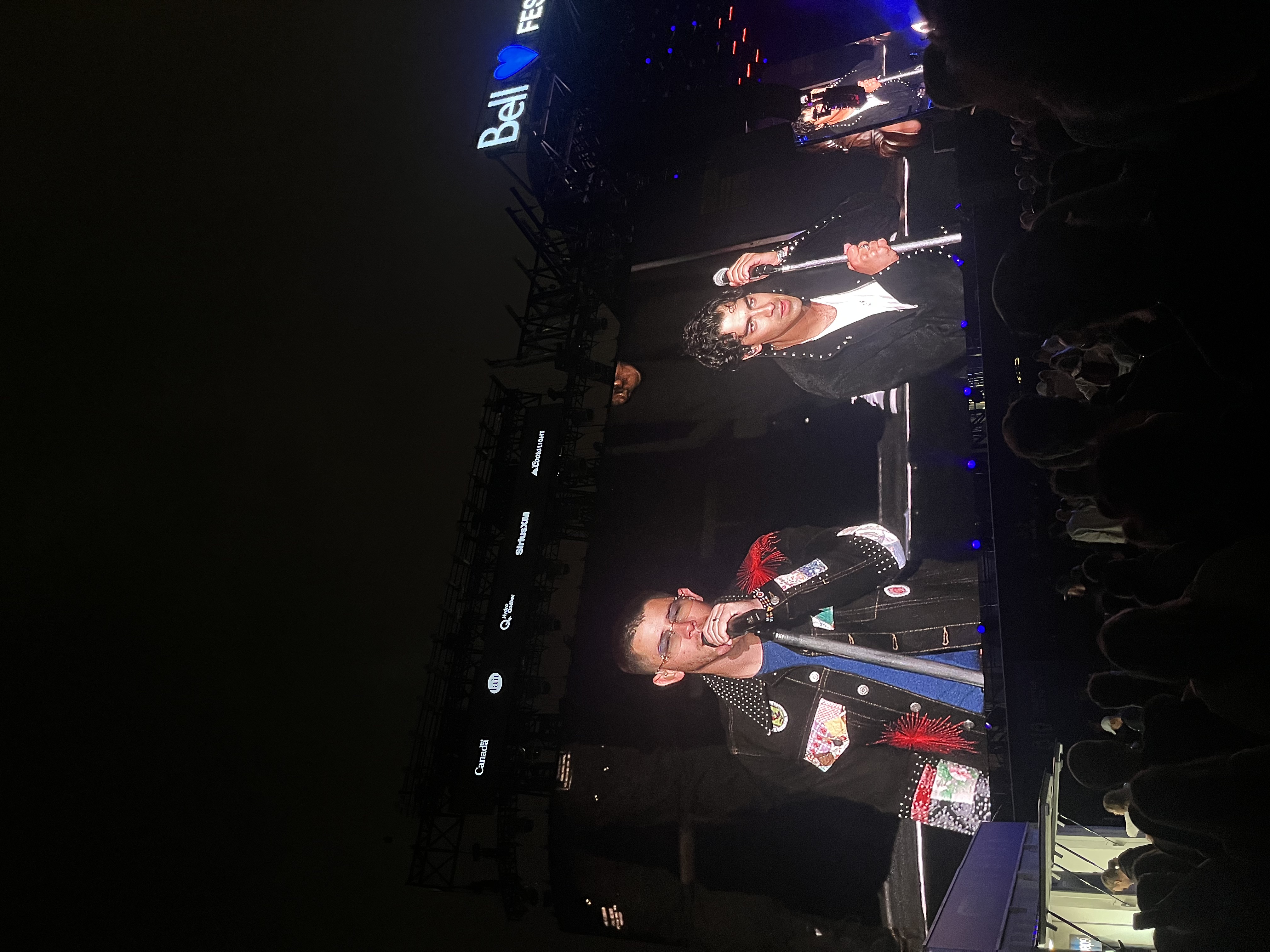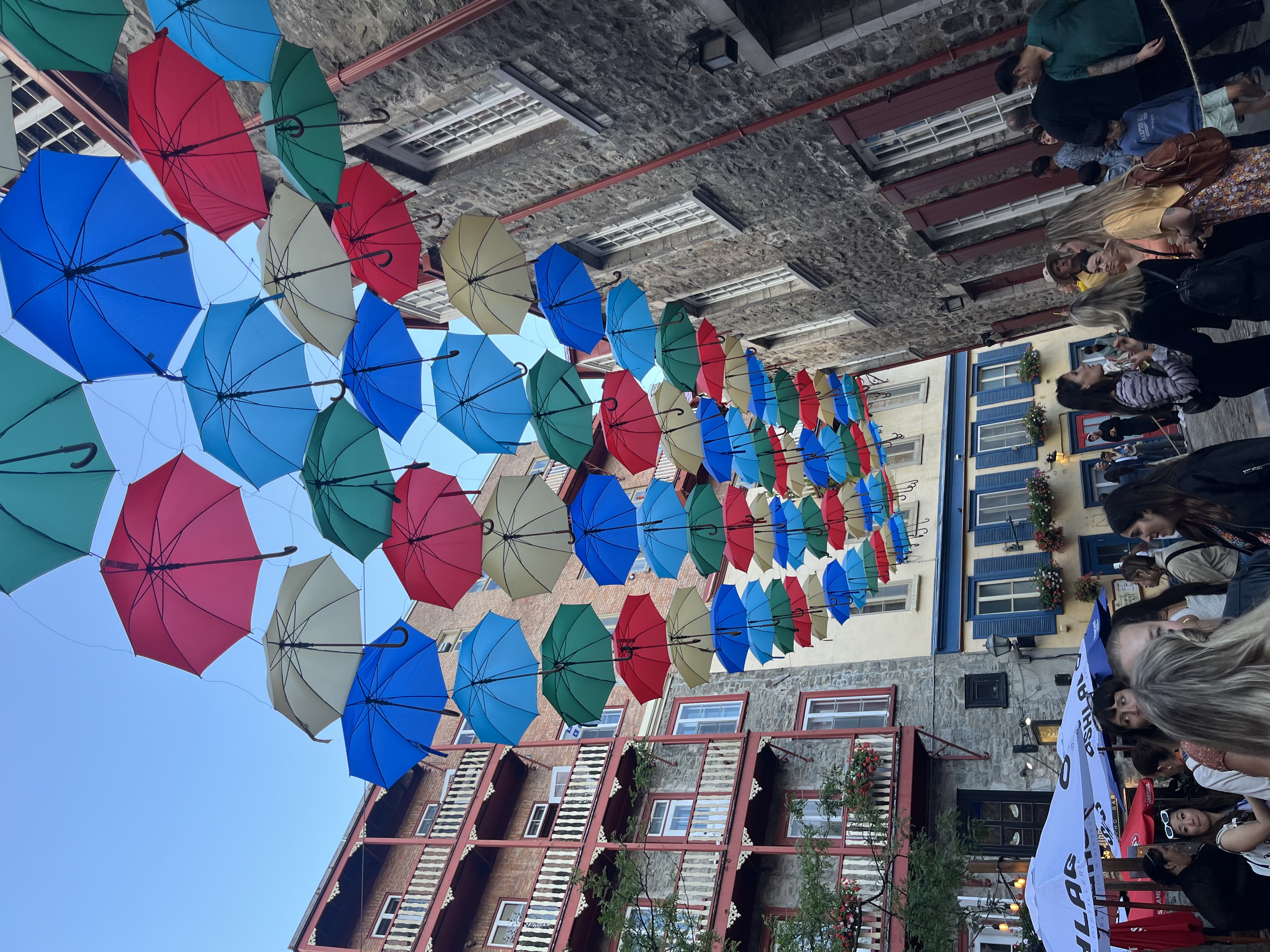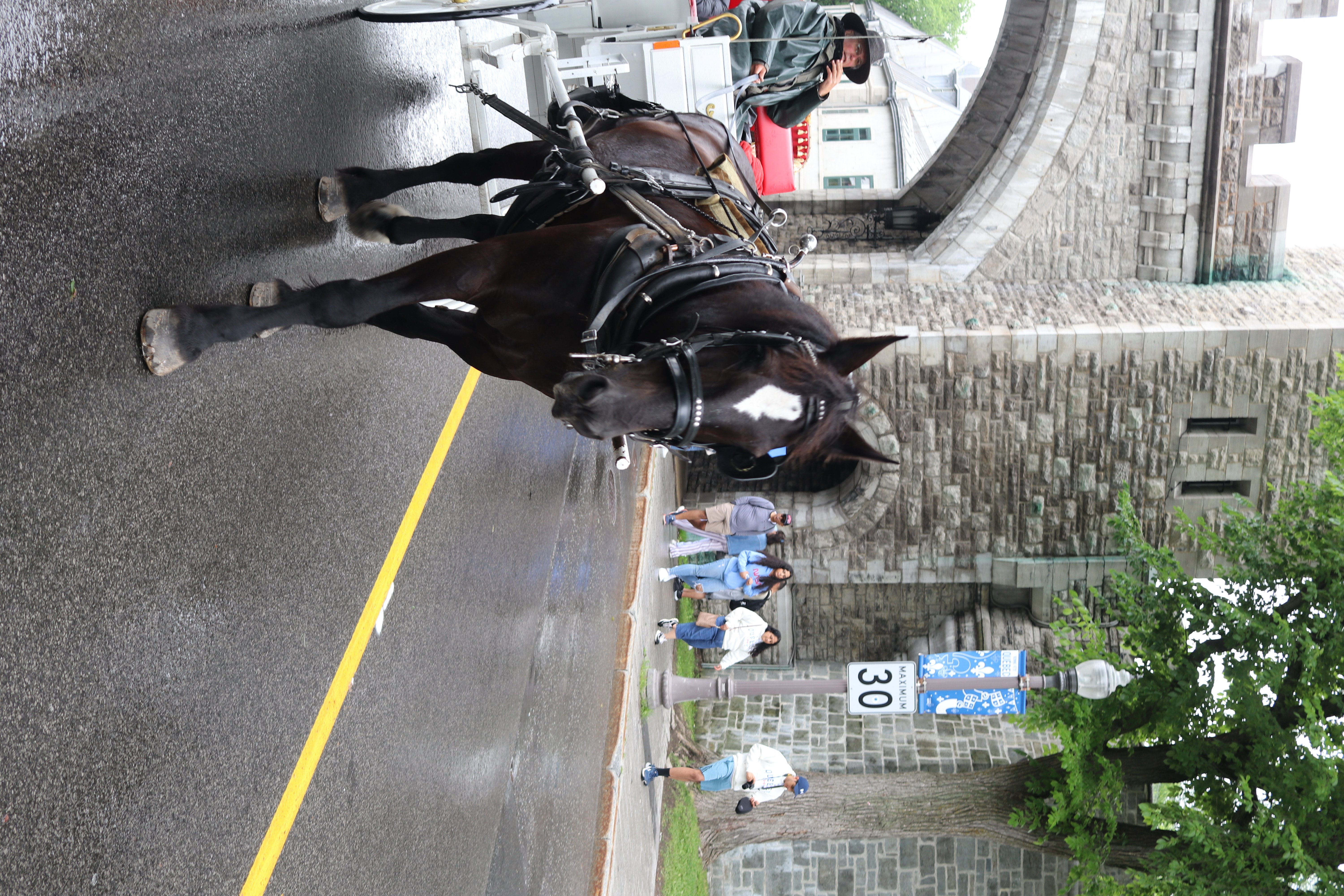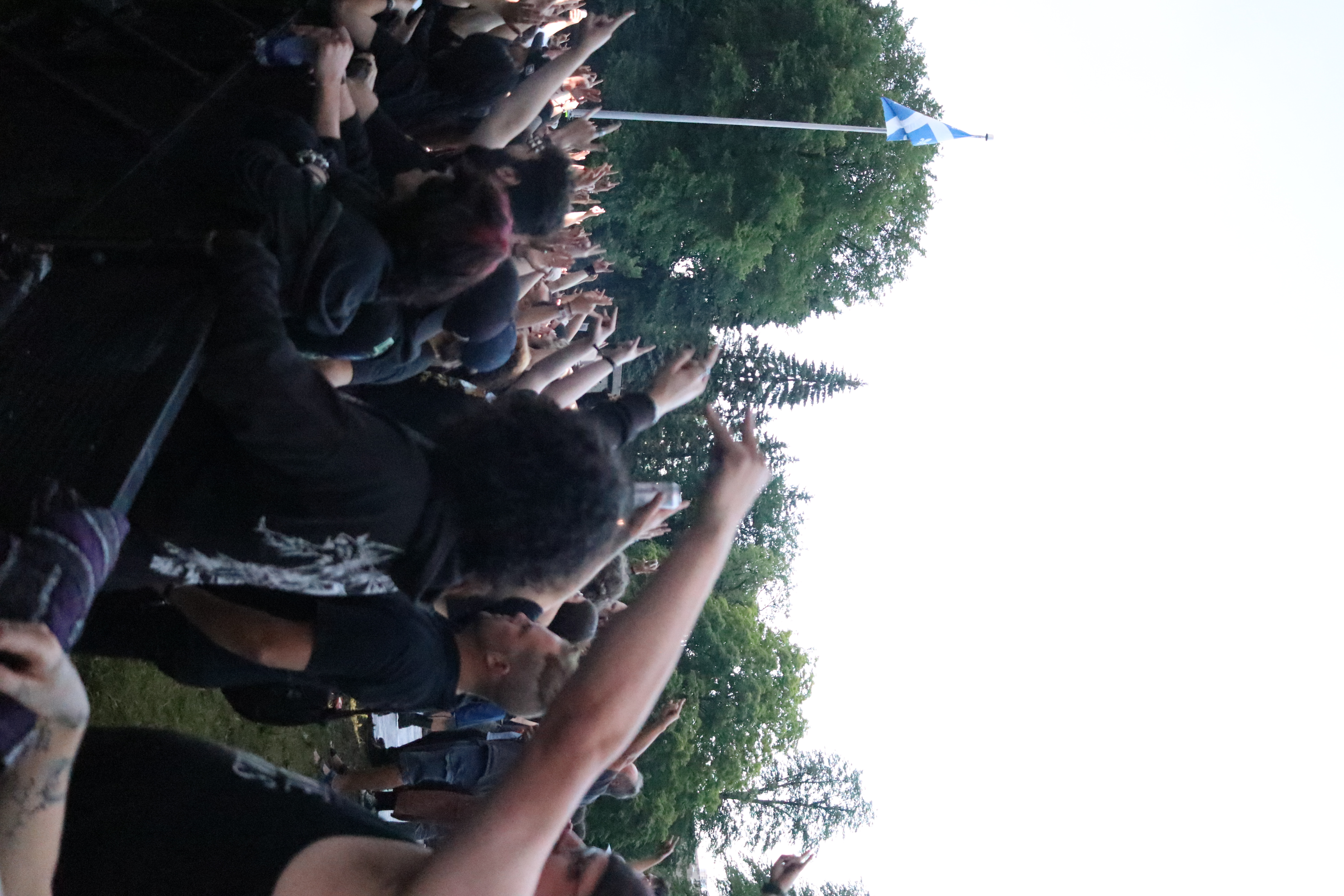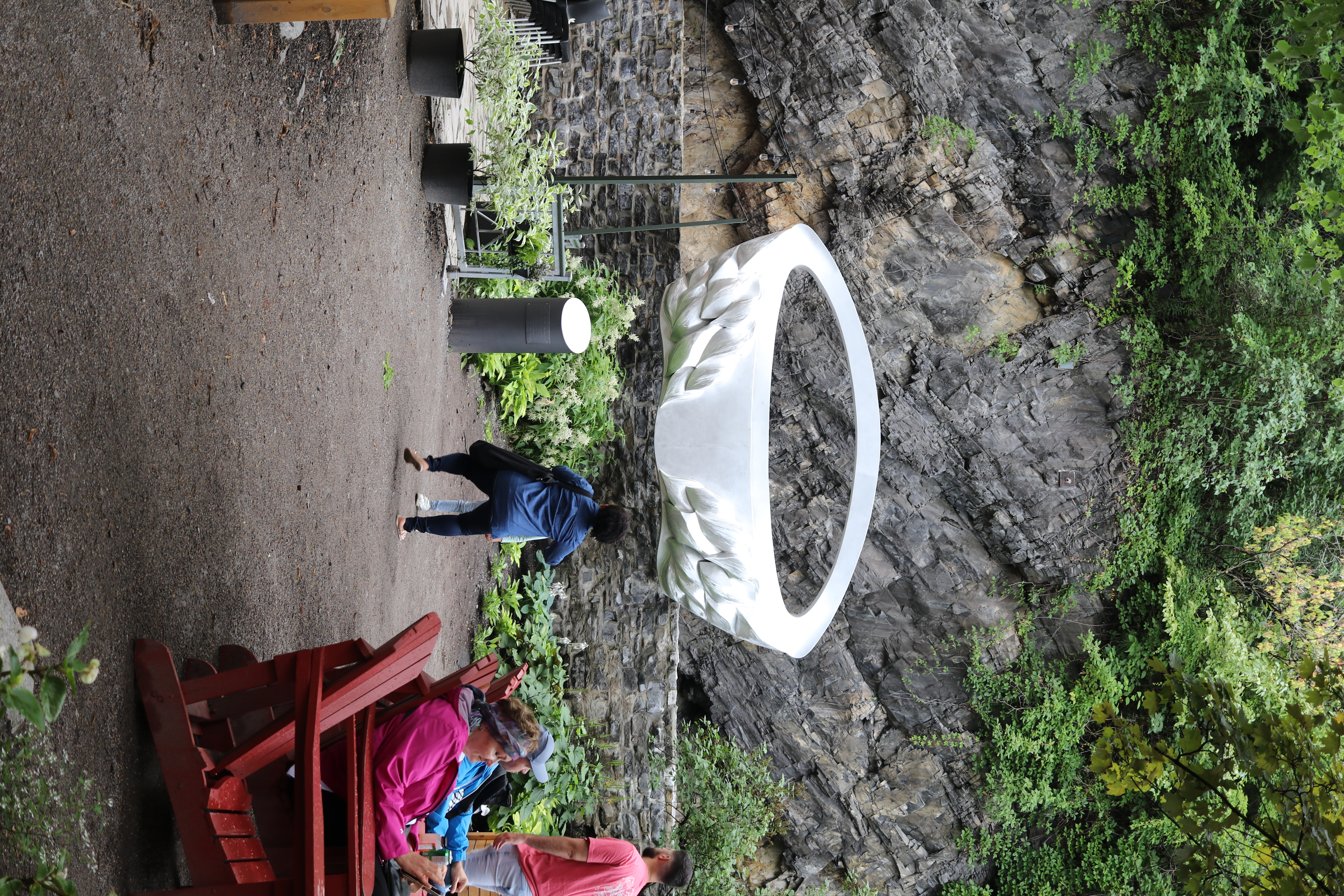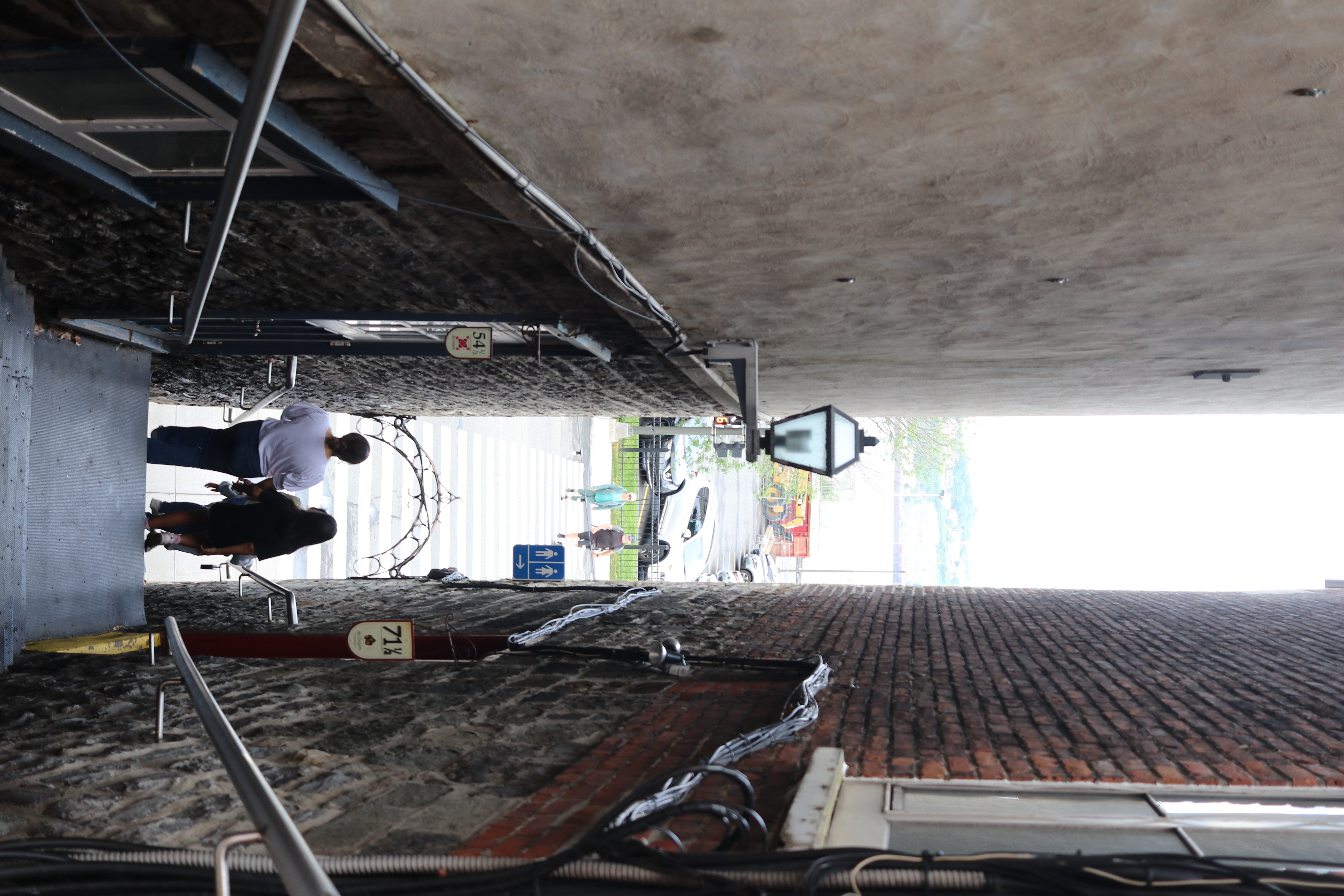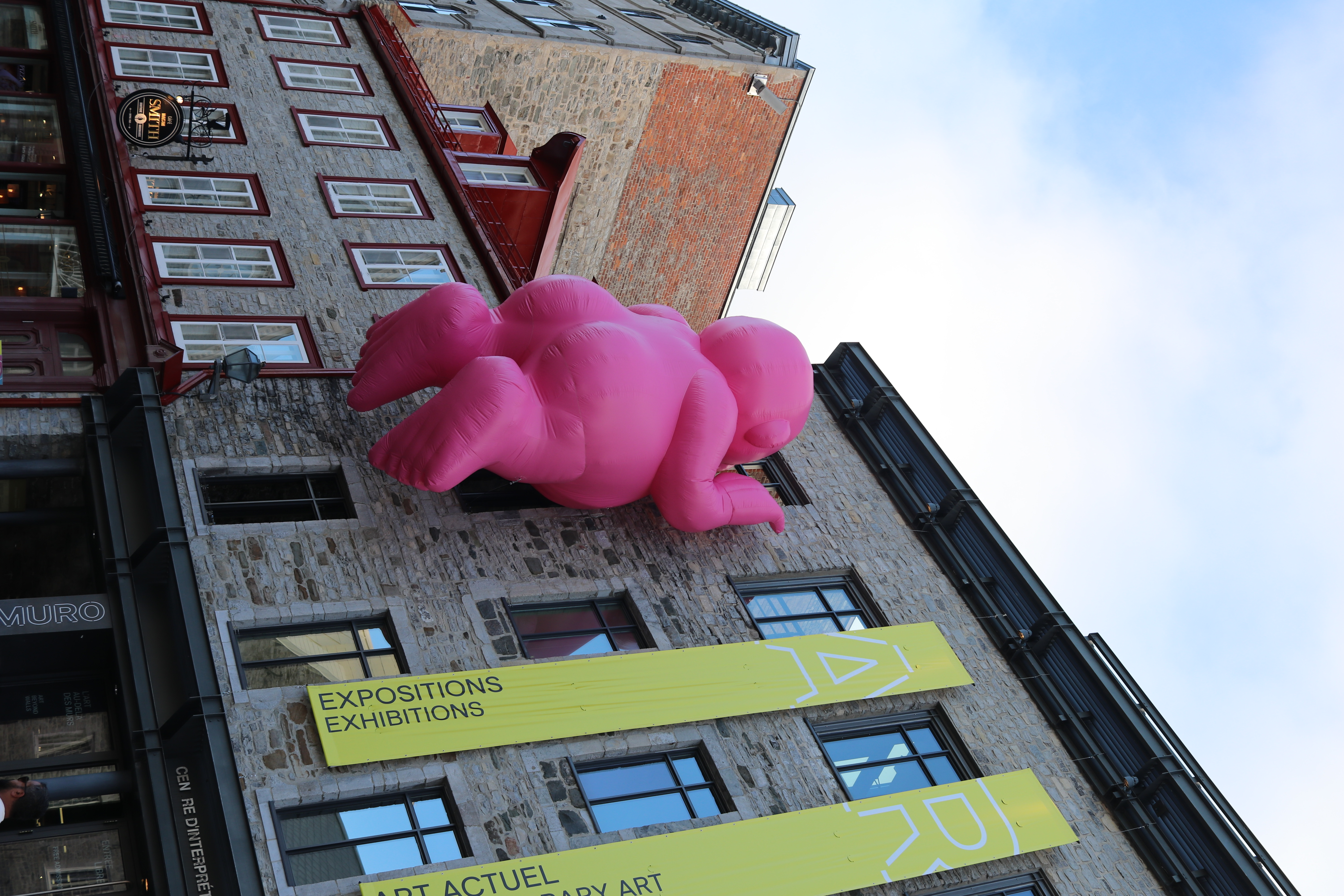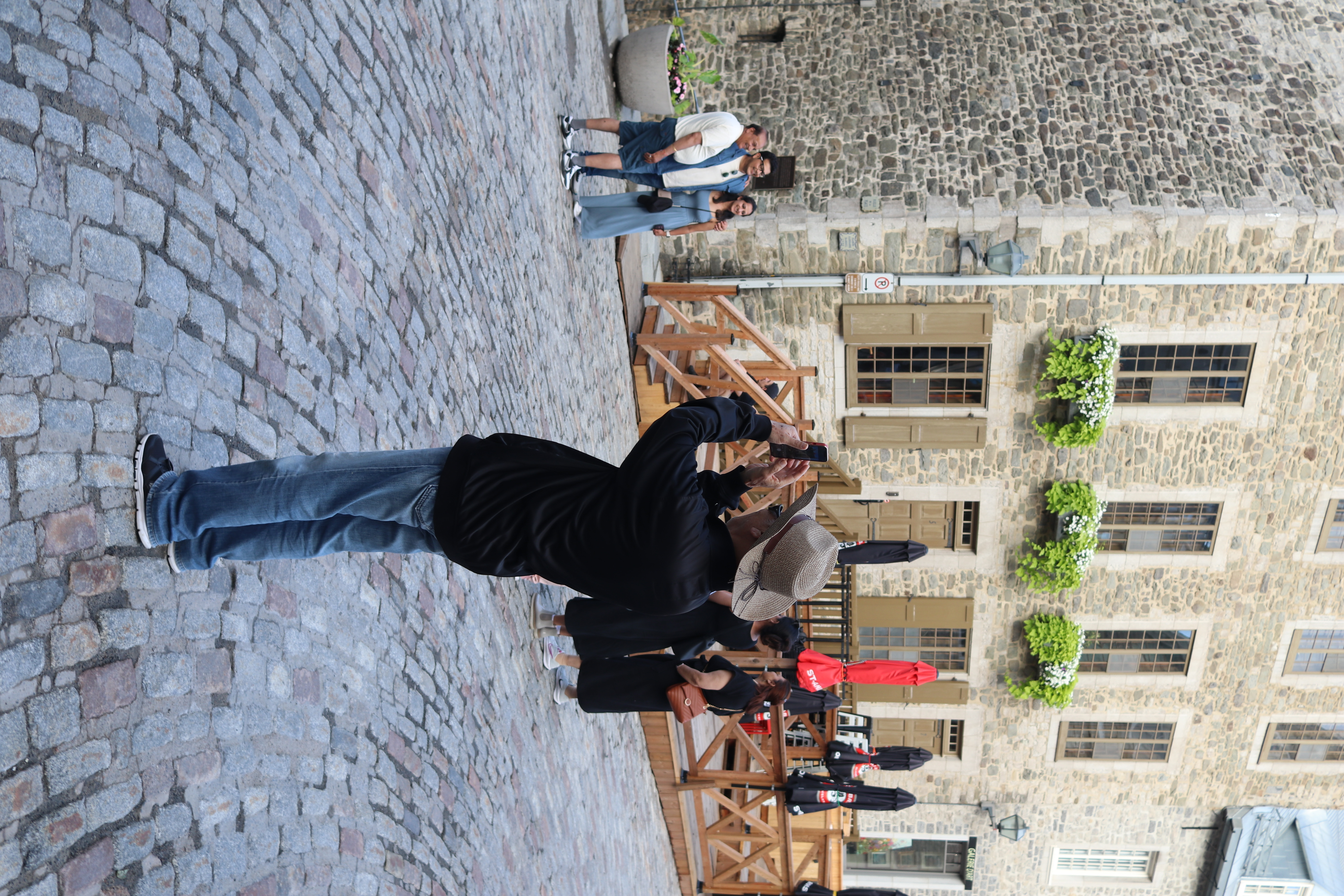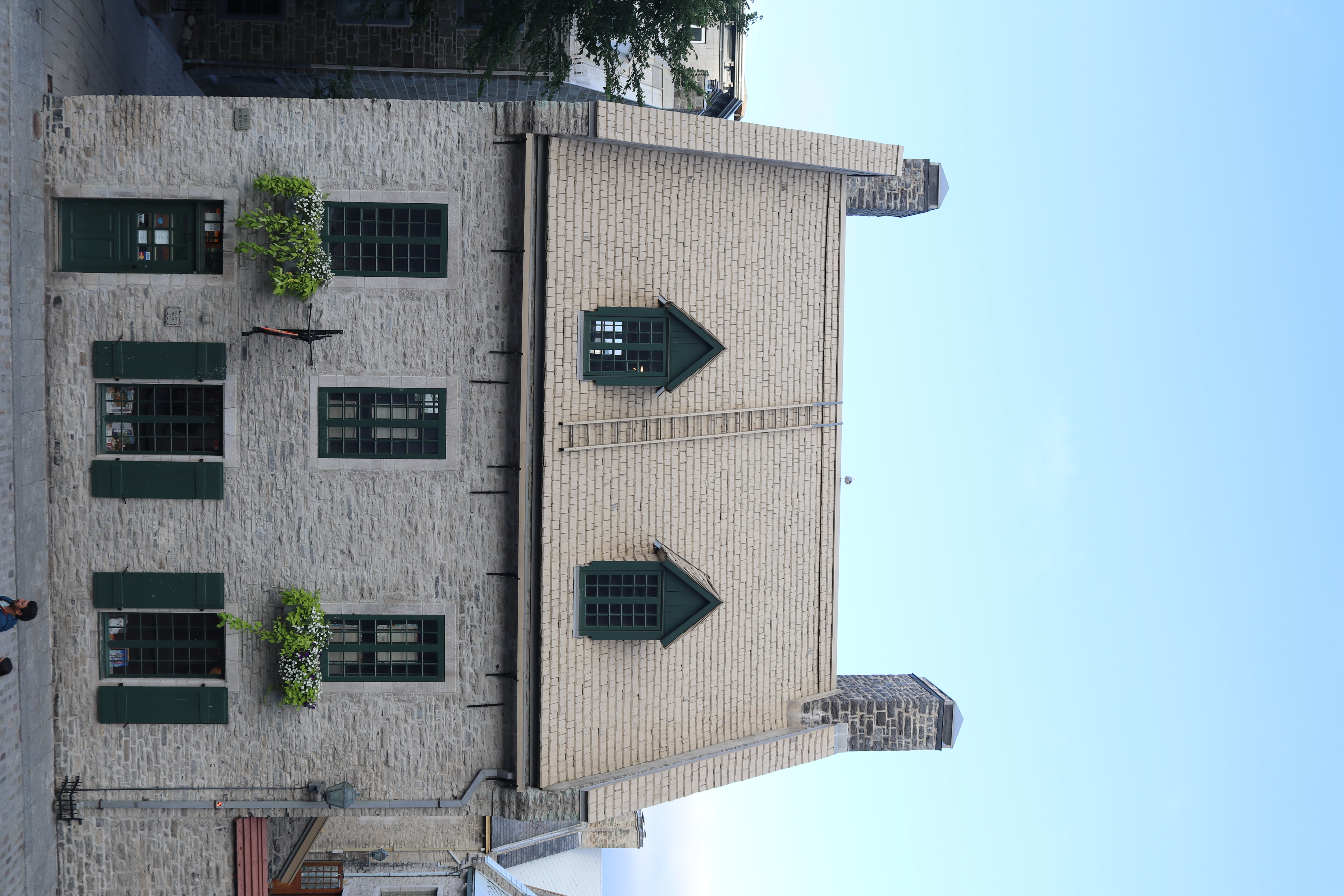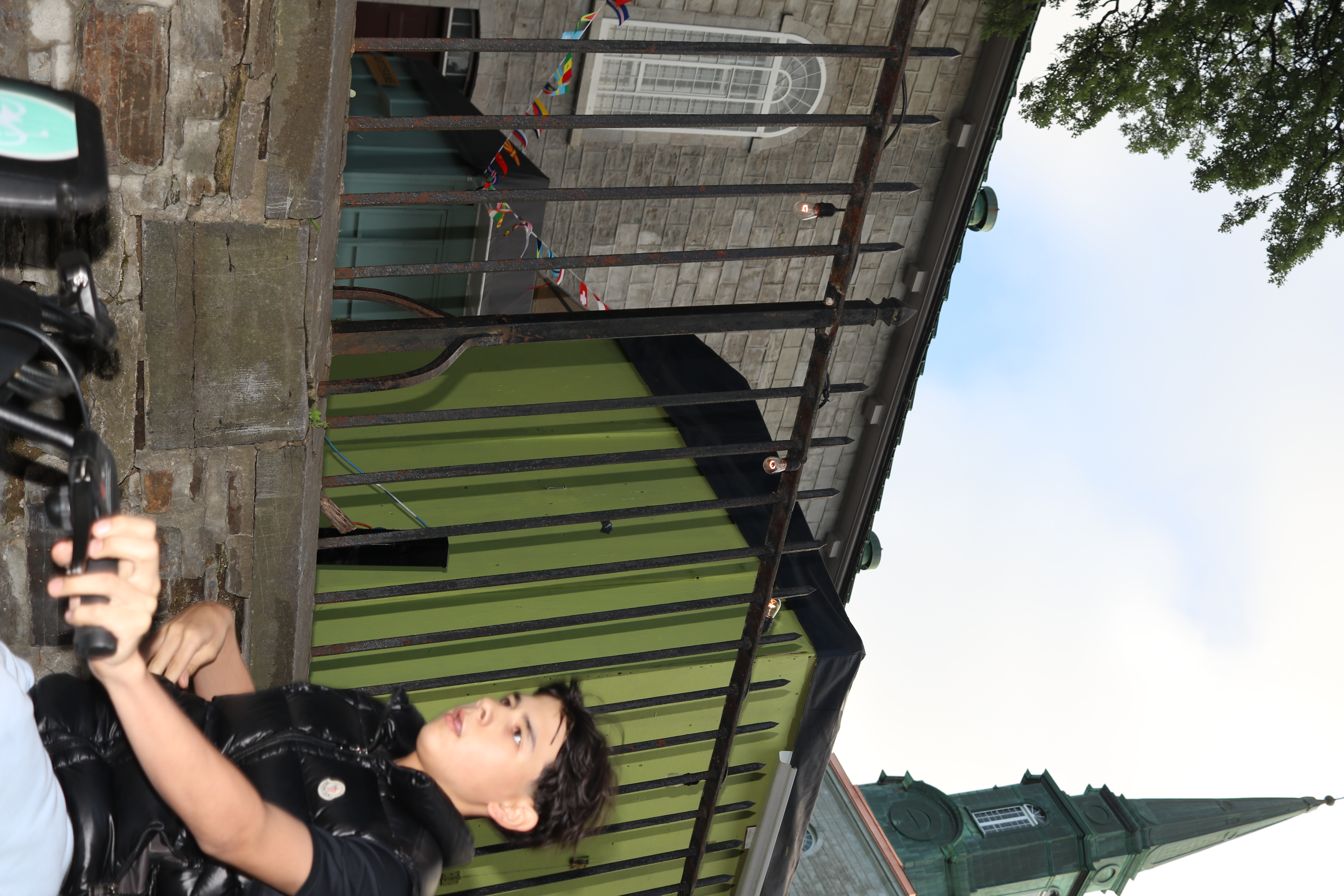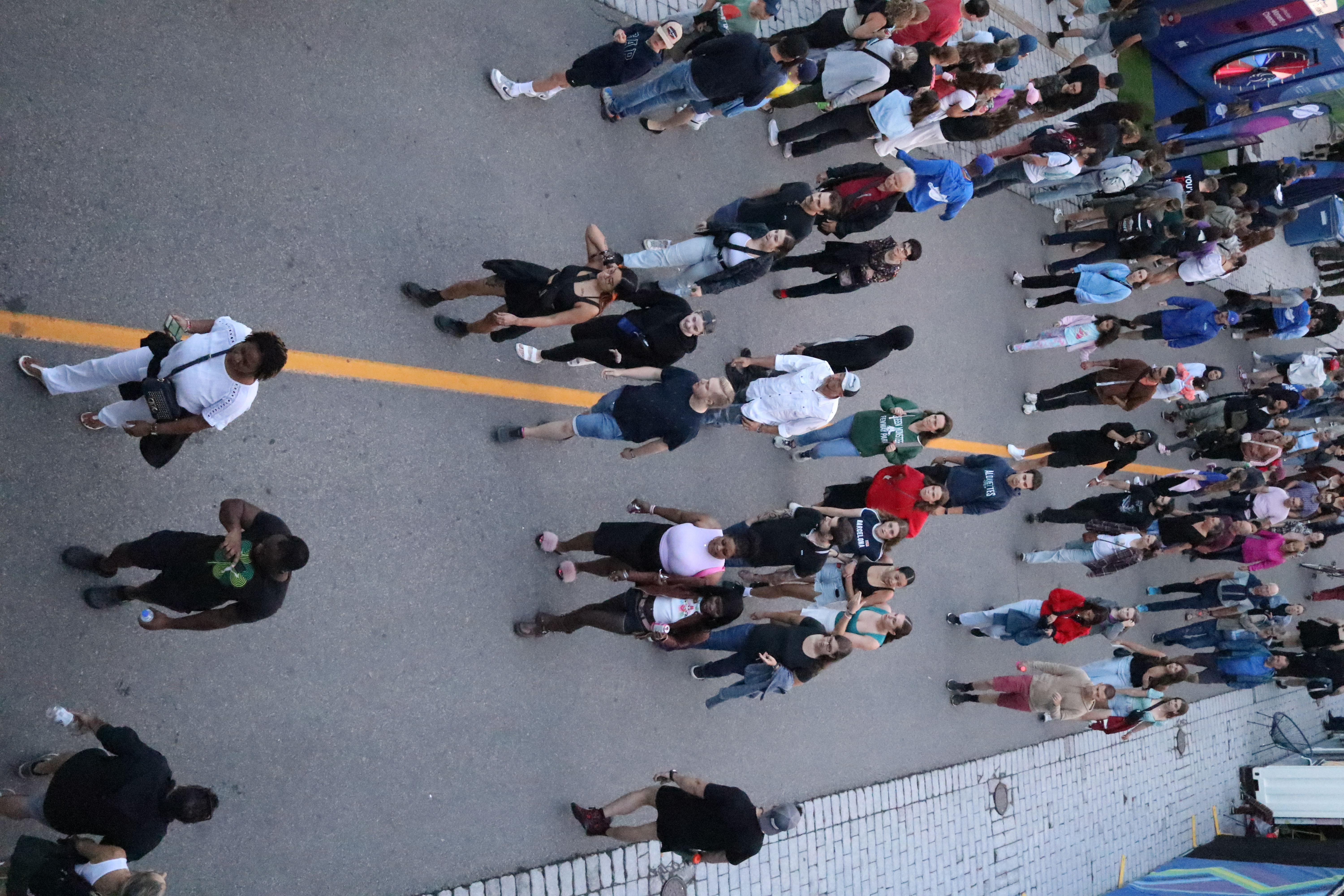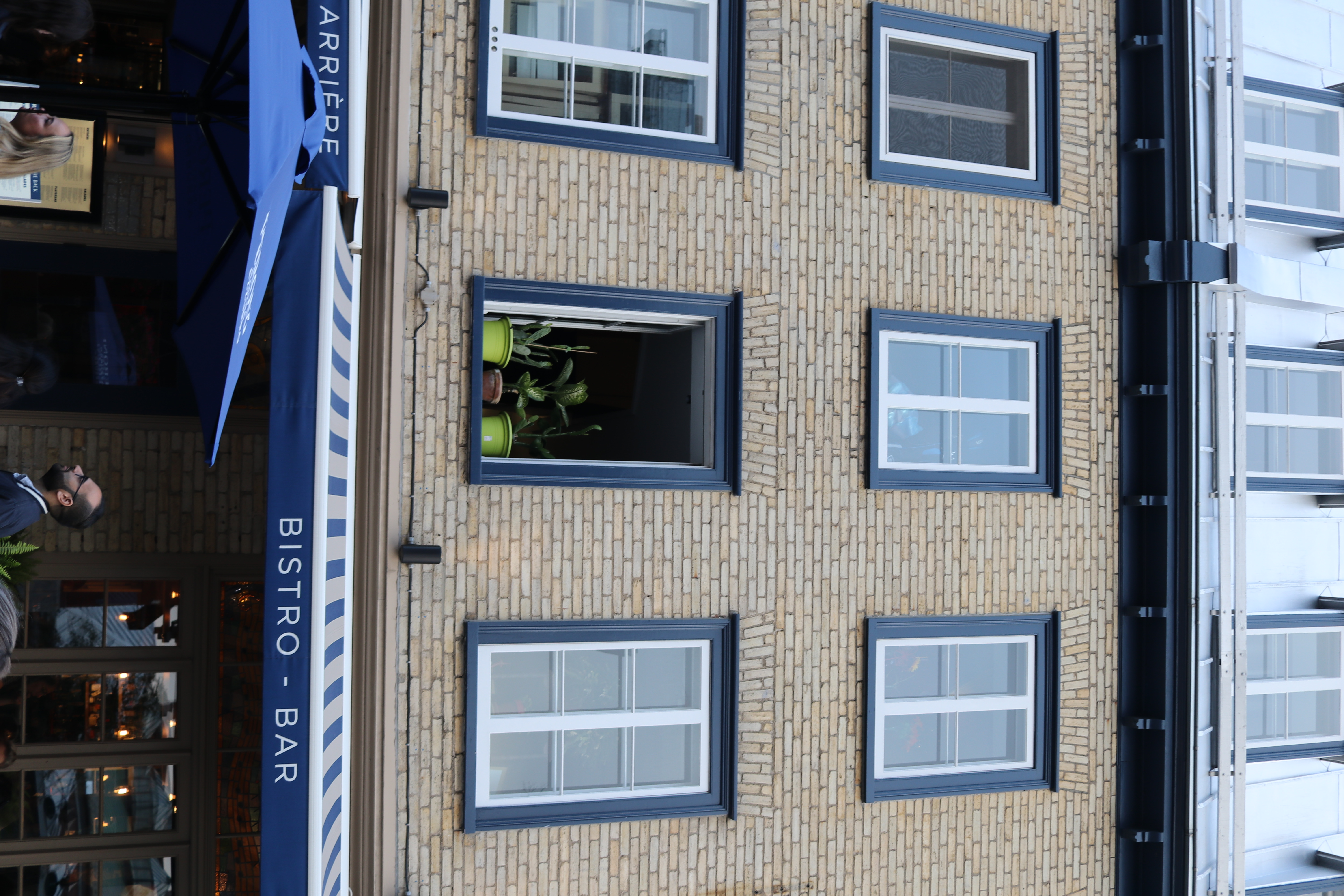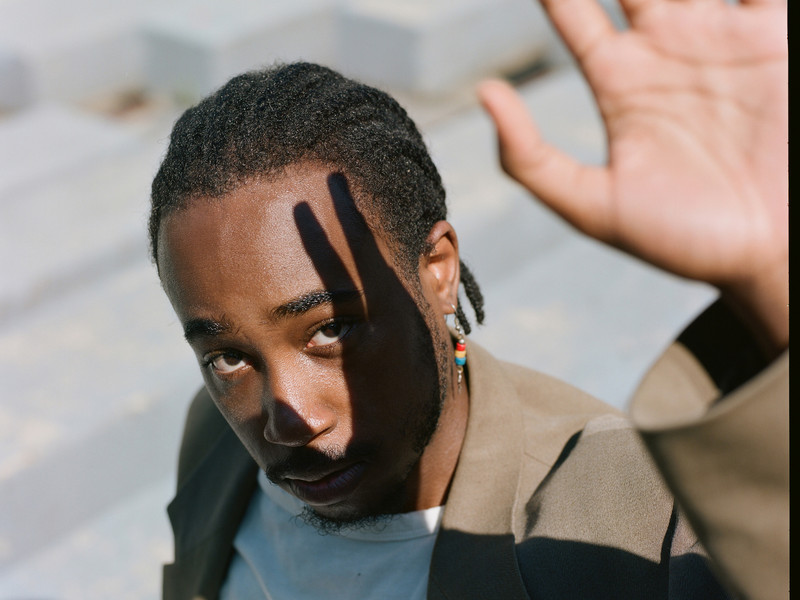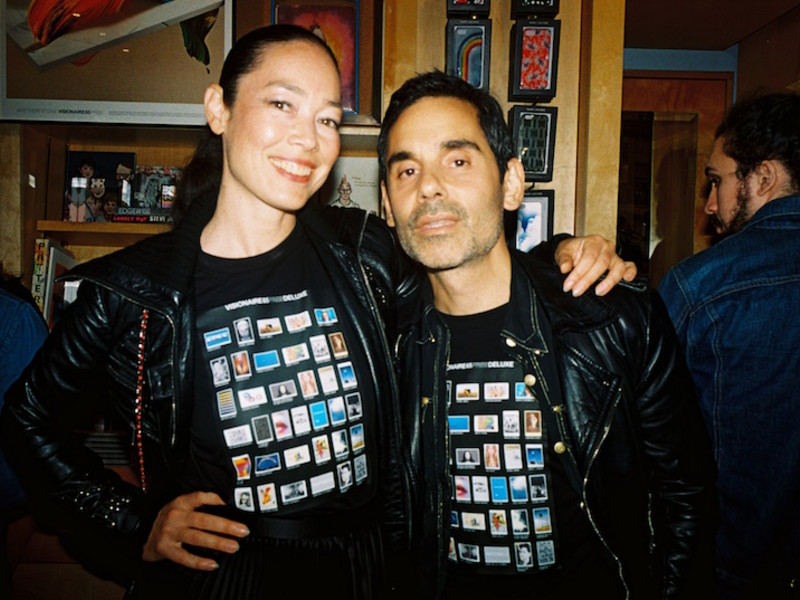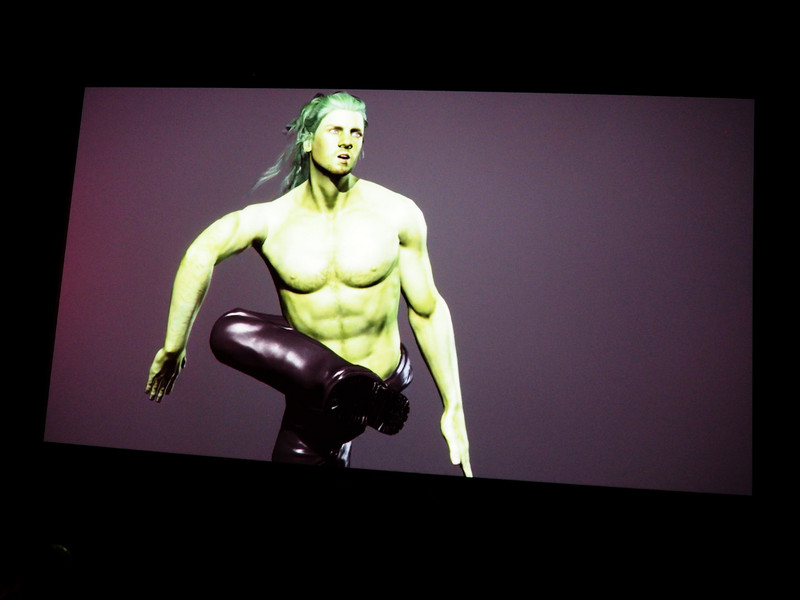The 13th installment of the festival will take place from August 1-4, centered at the Kimmel Center for the Performing Arts in Philadelphia with additional screenings and events in the surrounding city. In true BlackStar tradition, the festival’s programming is designed to cultivate the community of artists, filmmakers, and audiences beyond the viewing experience, with panels, post-screening Q&As, and parties interspersed throughout the four days. The festival will also make the majority of the year’s films available to screen virtually. This year BlackStar will show 94 films ranging from shorts, features, documetaries, and more, representing filmmakers of color from 40 countries.
Ahead of this year's festival, office caught up with Maori Holmes about psychic tricks, the importance of cultivating a team, and how she scaled a personal project into a movement beyond her expectations. Read our conversation below.
Brook Aster— Thank you so much for taking the time for this conversation. To start, what drew you to film in your early life?
Maori Karmael Holmes— I was interested in a lot of different disciplines growing up, mostly dance, fashion, and some kind of visual art. I was always drawing. I got interested in photography in high school and at the same time, I was also really interested in history. I would read my social studies textbook over the summer, and be done and start reading Vanity Fair and Toni Morrison instead.
I was always interested in looking at history, and I didn't know what to do with that. I was a really good writer. I was interested in a lot, and over time film started feeling like a place that contained a bunch of those interests. It was a discipline that required all of the disciplines.
My mom dated a filmmaker when I was in high school, for all of high school. So we would go to film festivals, and I saw Sankofa and Daughters of the Dust and was really exposed to a lot at that time.
Ultimately, I made the decision to [pursue an MFA in filmmaking] at the time that I was working in journalism. I just thought, this isn't quite cutting it. I want to make these things visual. Film felt like the next step in that.
How did you shift into a more curatorial role? What were the first seeds for what would become BlackStar?
I was always really interested in curating as an idea, because curators were always so well dressed and seemed so interesting when I would go to museums or encounter them in other spaces. I went to Howard for undergrad, and worked on Homecoming and on Yard Fest, and that’s basically programming work. And I studied film history.
Sadly, when I got to graduate school, I had faculty that were not that supportive of my work, and were actually pretty dismissive of the things I was experimenting with. I'm a Taurus, and my personality, especially as a younger person, was such that I was like, well, fine, you don't like what I'm doing? I'm going to do something else. So I put together a film program in my first year of graduate school, of all of my classmates’ work, and people really liked it. There was something about putting this program together that worked for me. I started a graduate school film club in that same year, and then got invited to do some other programs. I realized I was having success doing this, maybe not as the maker that I’d thought, but still using film.
I went through with my degree, and then made a film that went on the festival circuit. At that point, I was applying for other grants and trying to make films. This was in the early 2000s, and I wasn't quite getting the success that I thought I should have right away. I was so young, I didn't really think about patience. I just thought, “I didn't get this grant, I can't make films.”
I wanted to recreate the experiences that I had with my [first] film on the road, which were really transformative. I had this idea to start the first festival that I worked on: Black Lily, the Festival for Women in Film and Music. And then later on, BlackStar came out of a similar desire. I had left Philly and gone to CalArts to do a second MFA. When I came back to Philly, I wanted to make sure that I was doing something in film. I started BlackStar that year as a project, thinking it was a one-time thing.
What catalyzed the first festival? And how did it go from a one-off to an annual event?
There were a lot of anniversaries of independence for different African and Caribbean countries, I was definitely thinking about Black August. It was this one-time celebration in my mind. And it just did really well that first year.
The first year was completely curated, there were no submissions, because I thought it was this one thing. But the way people came out, even that first year, from other cities around the world — people came from London and Berlin and Richmond and Detroit, they came from all over. We got plugged in Ebony. It was such a big deal that people were like, when is it happening again?
And I have to be quite honest, the first six or seven years, it always felt precarious, because we didn't have any money. But people would always ask, when is it happening again? So I'd be like, well, I guess we're doing this again.
LEFT: from Do You See Me dir. Walé Oyéjidé
RIGHT: from Dreams In Nightmares dir. Shatara Michelle Ford
